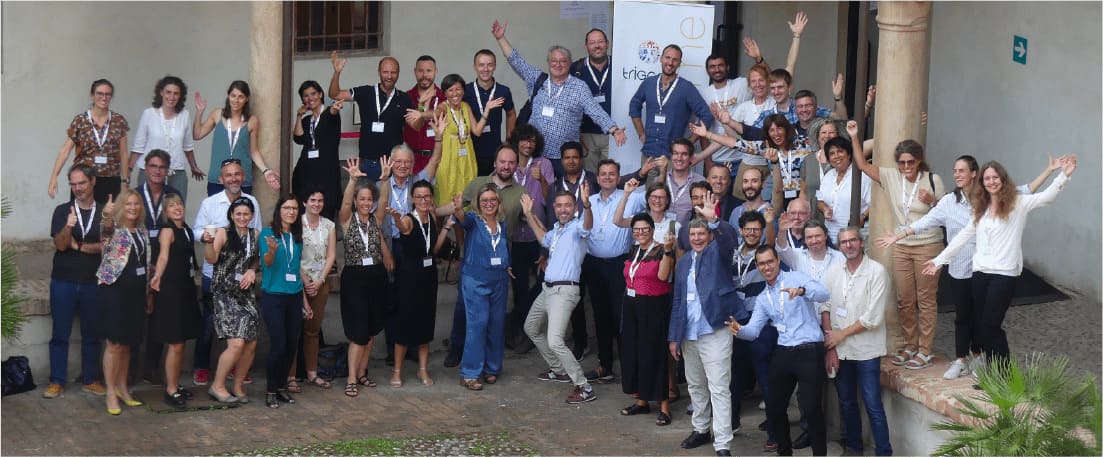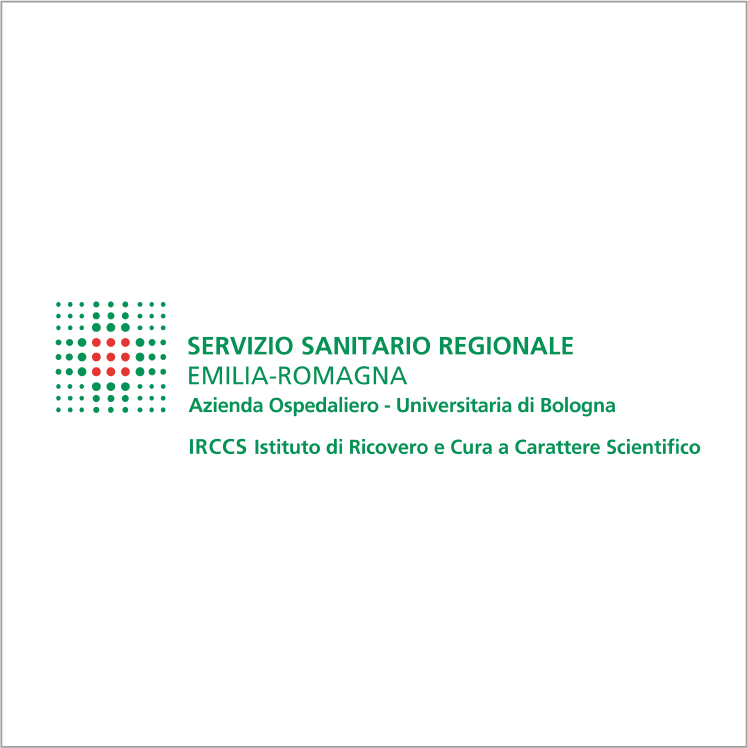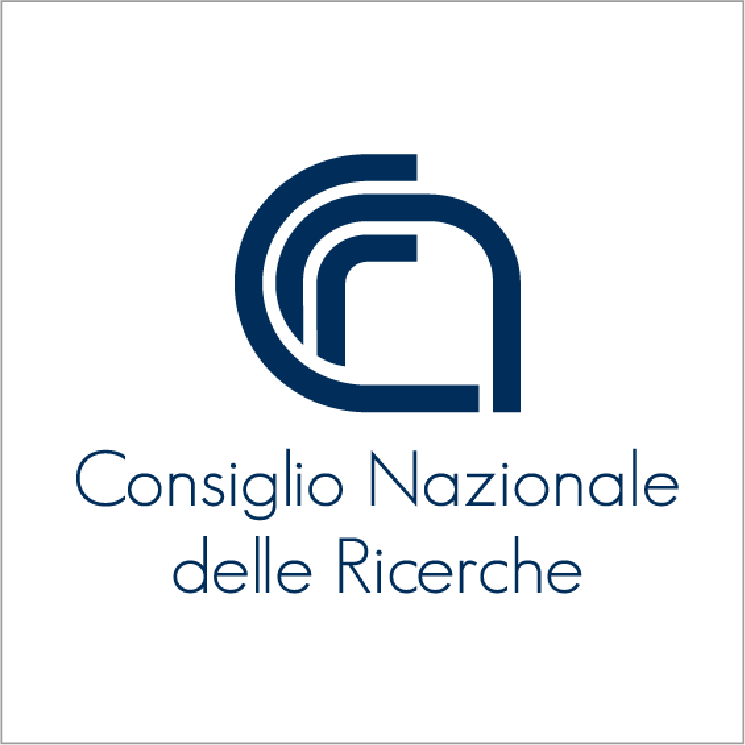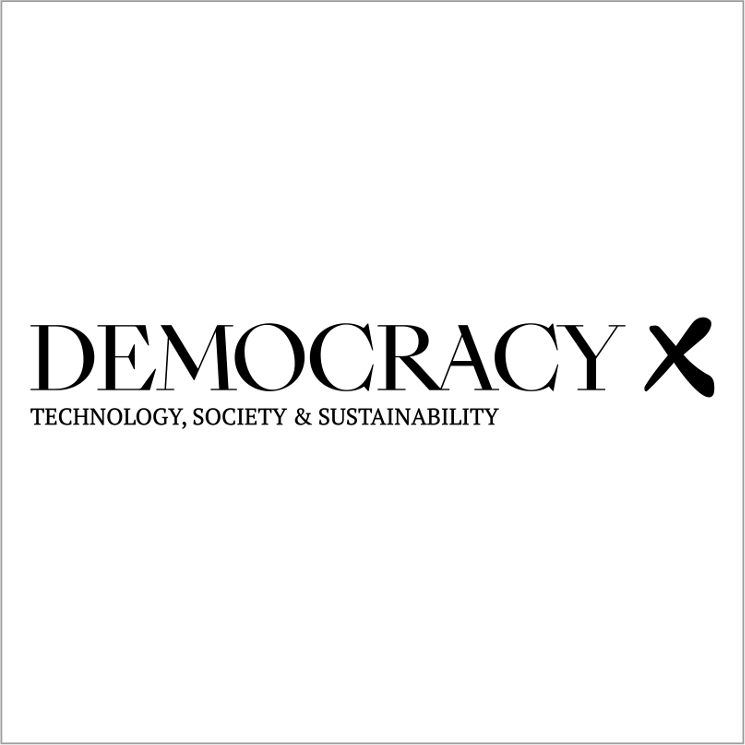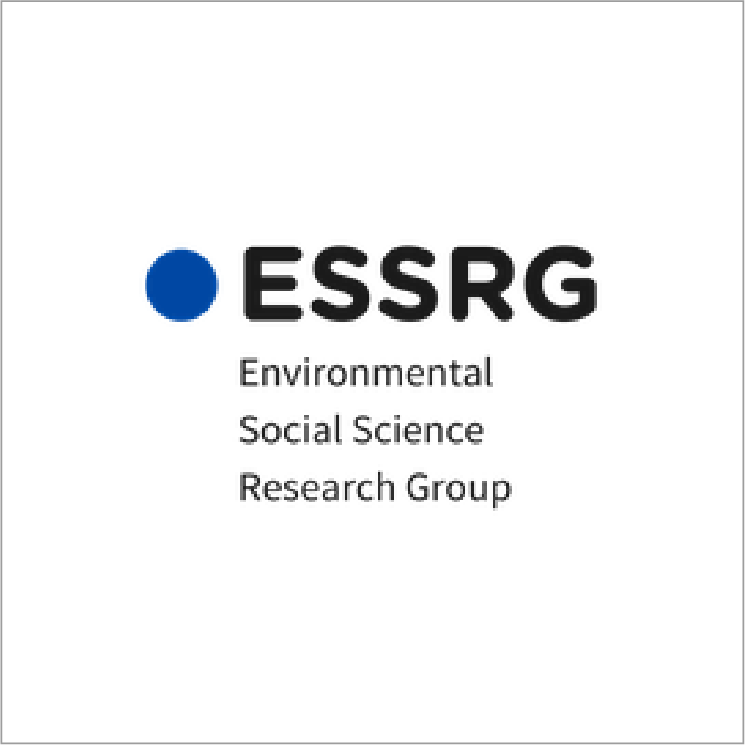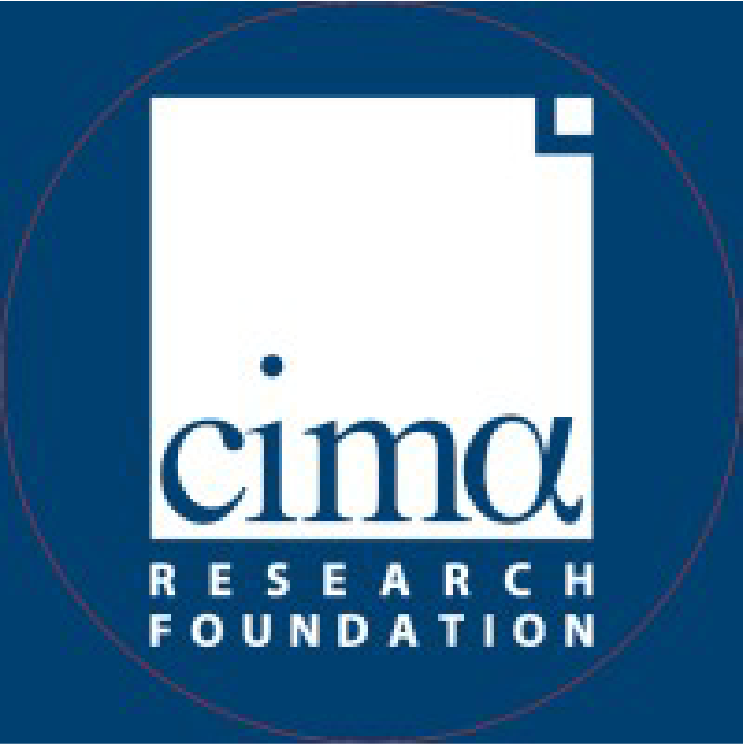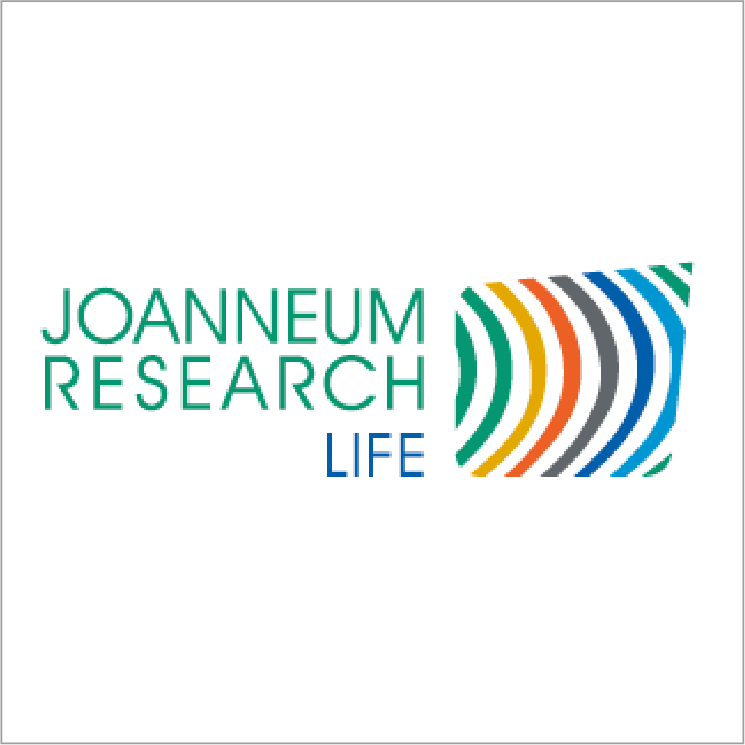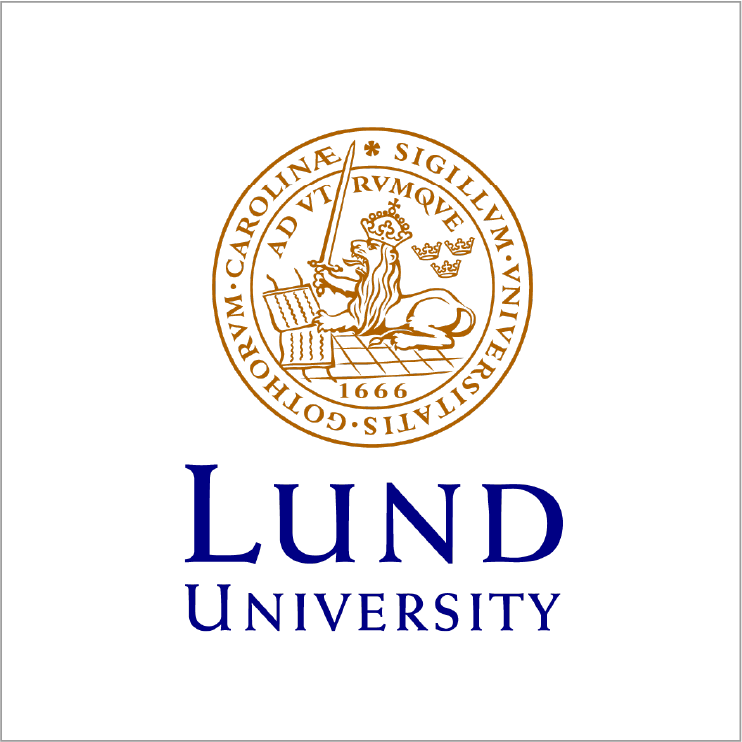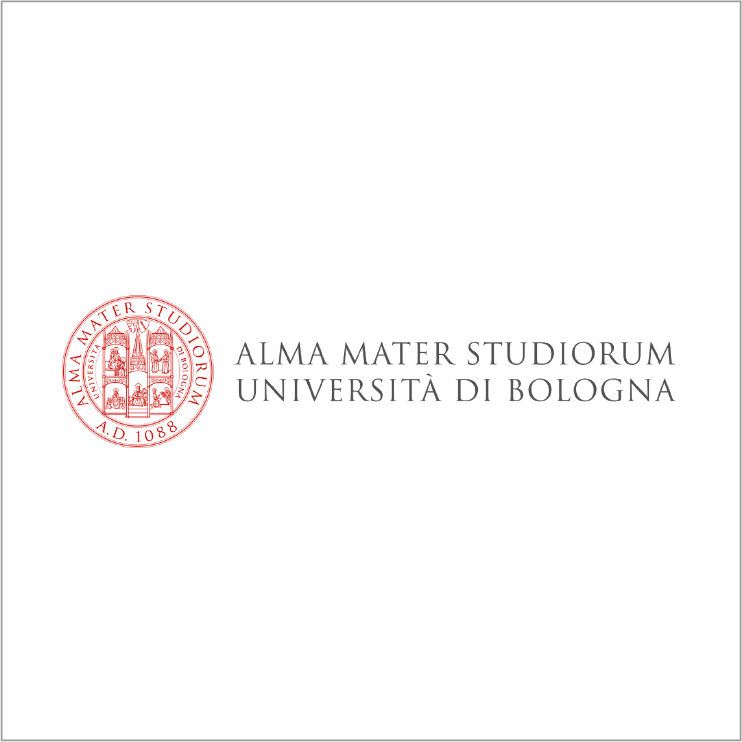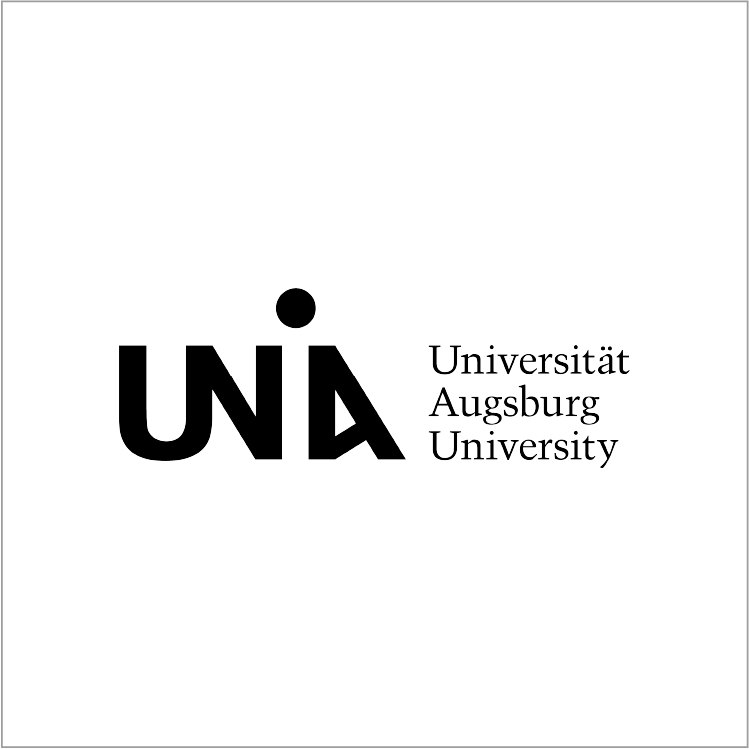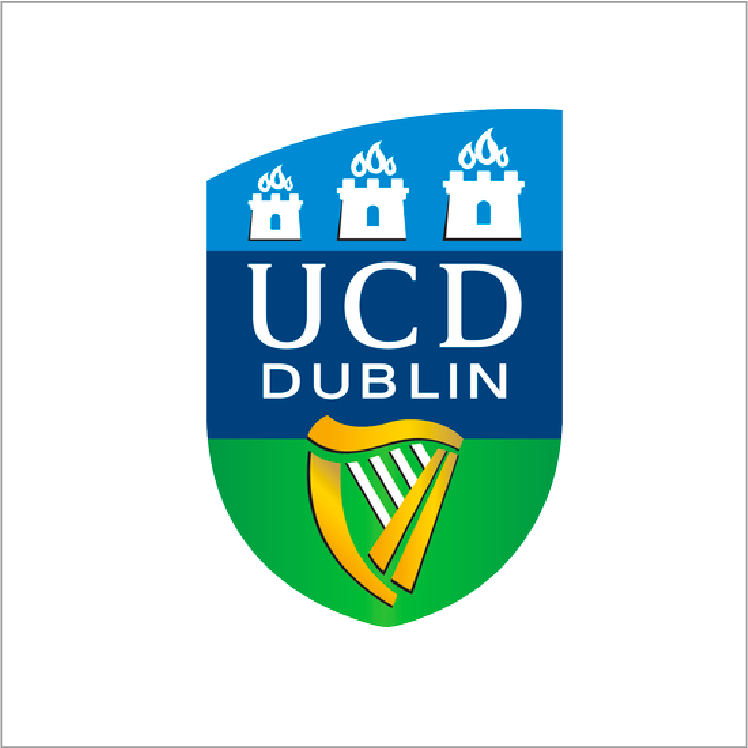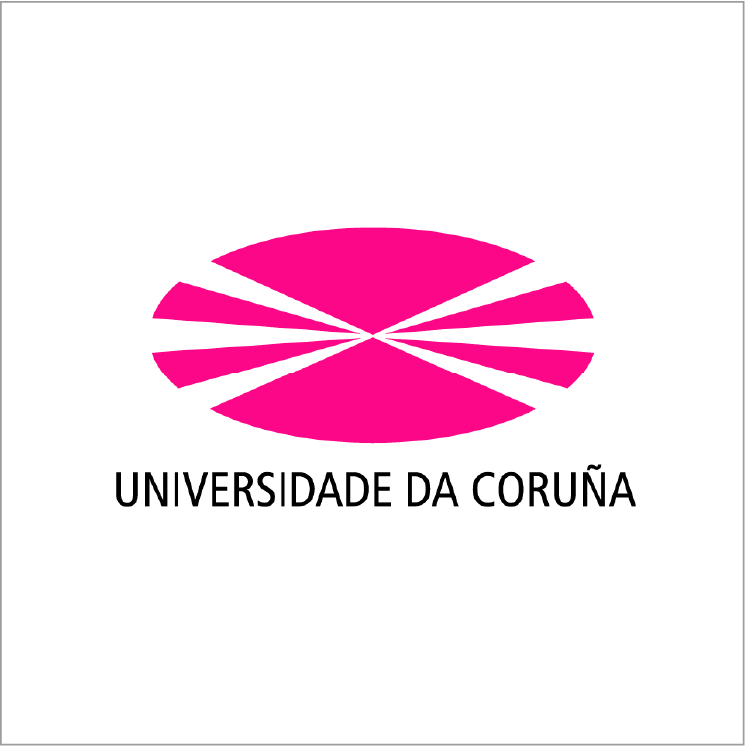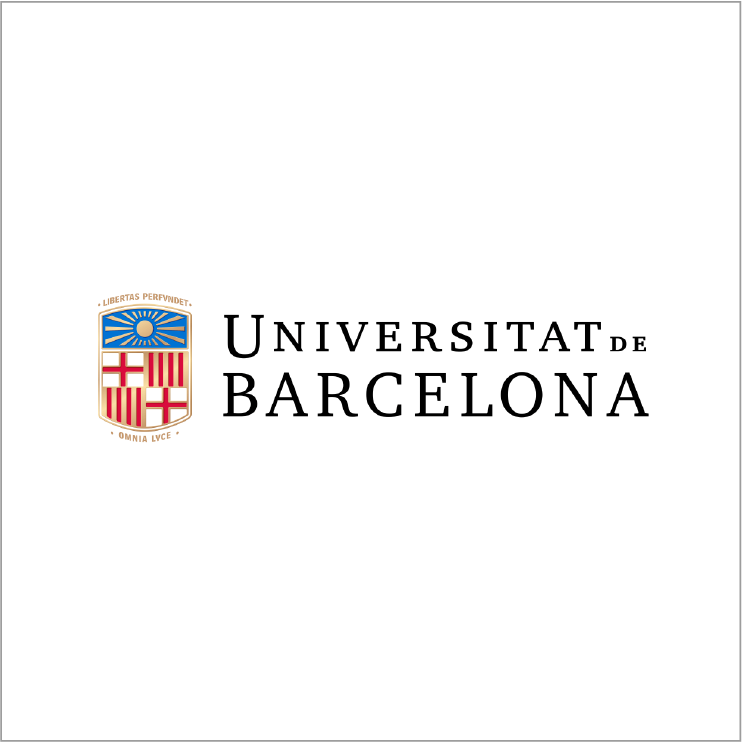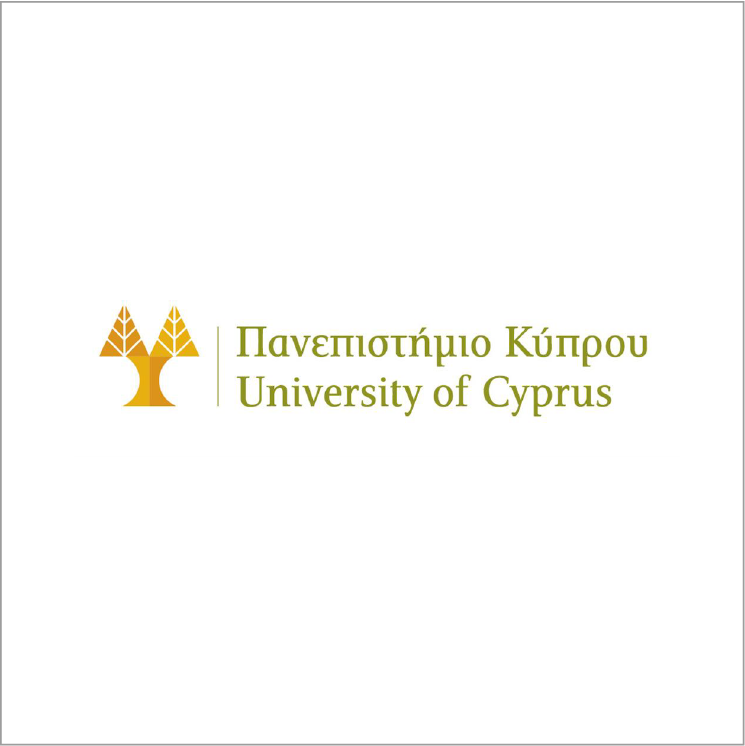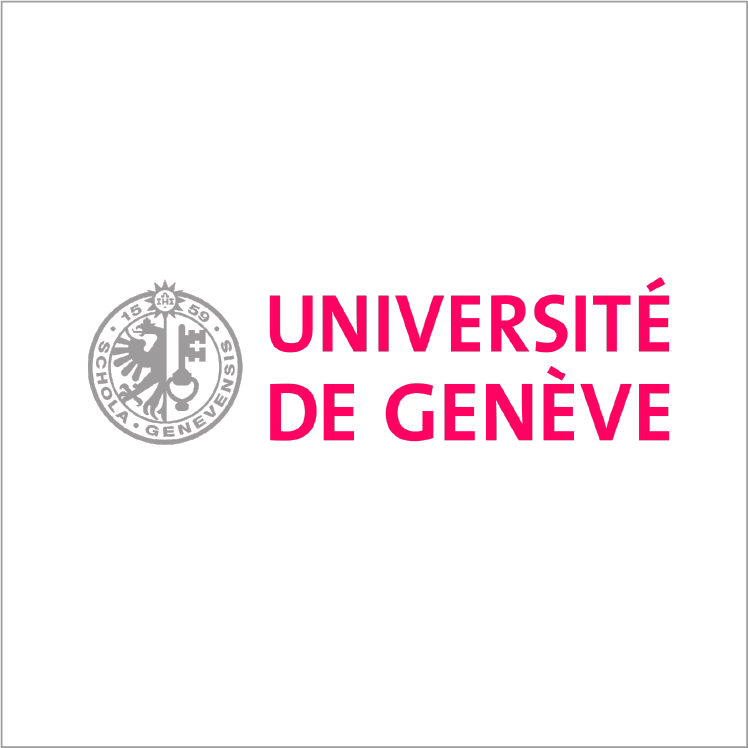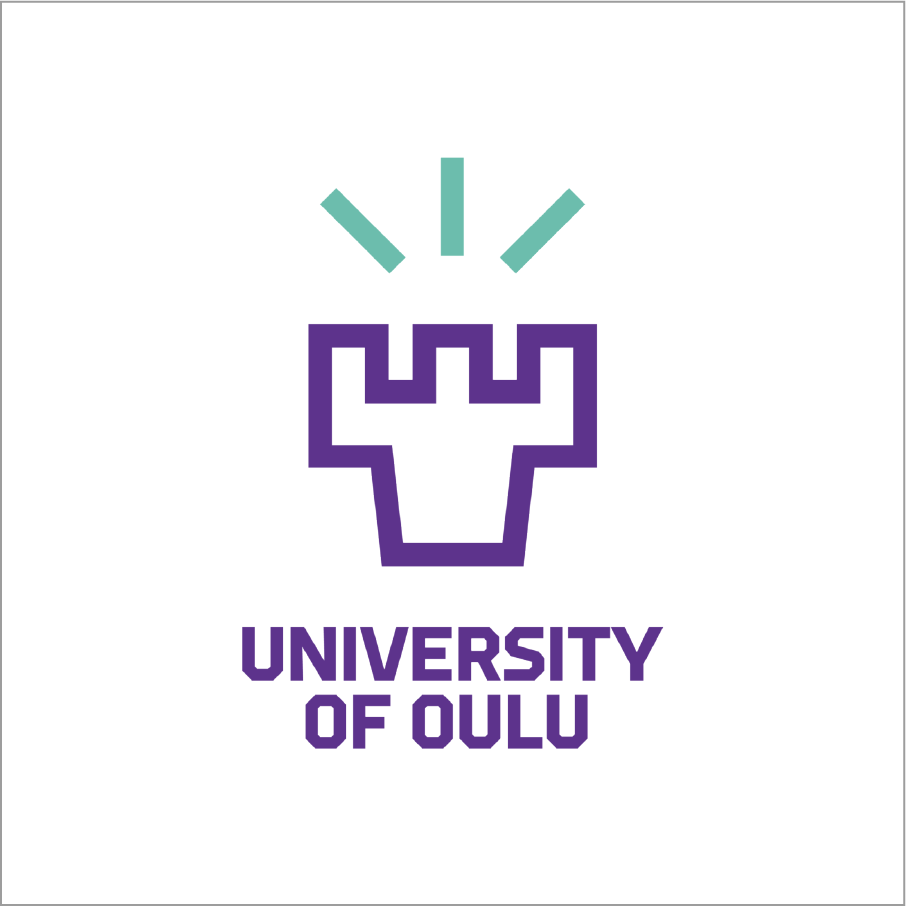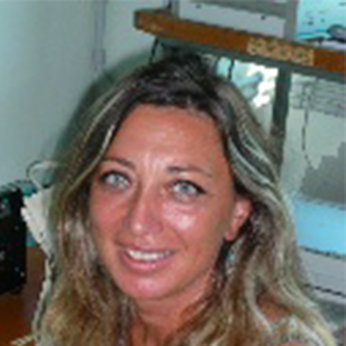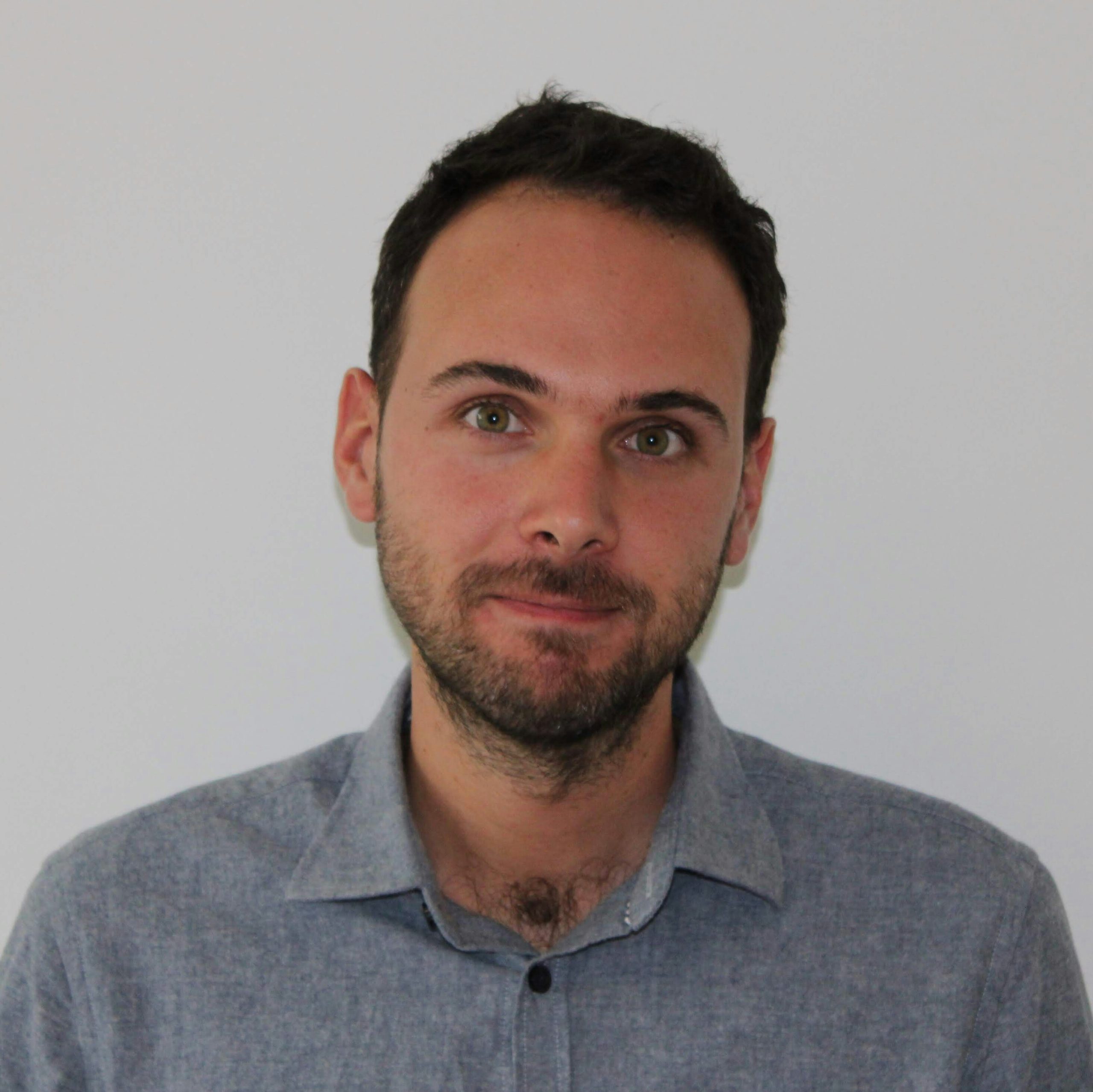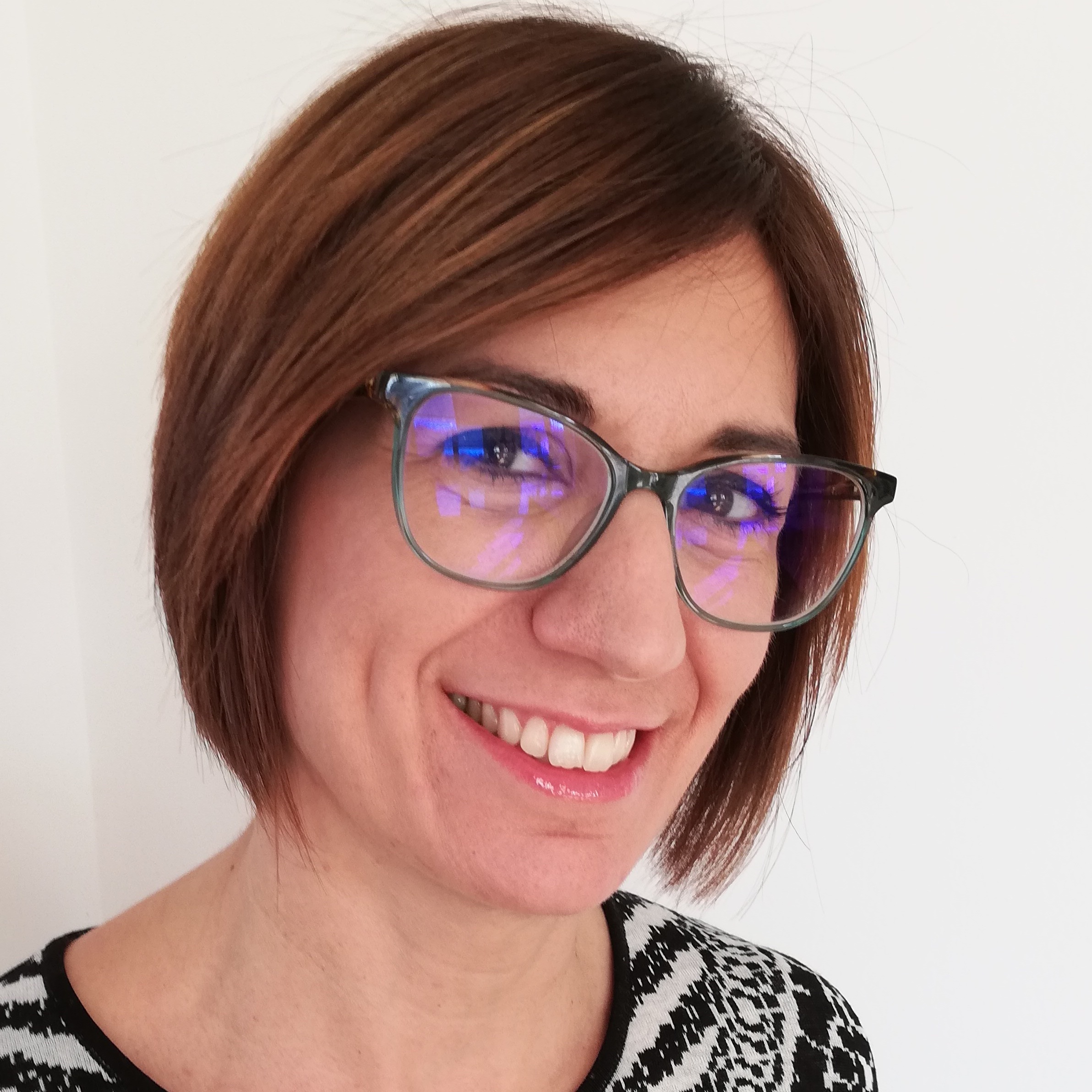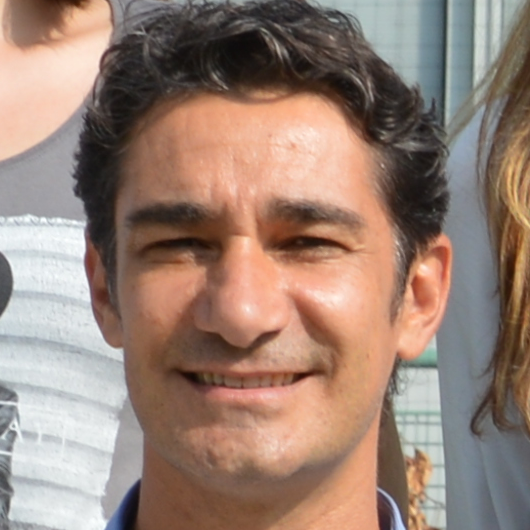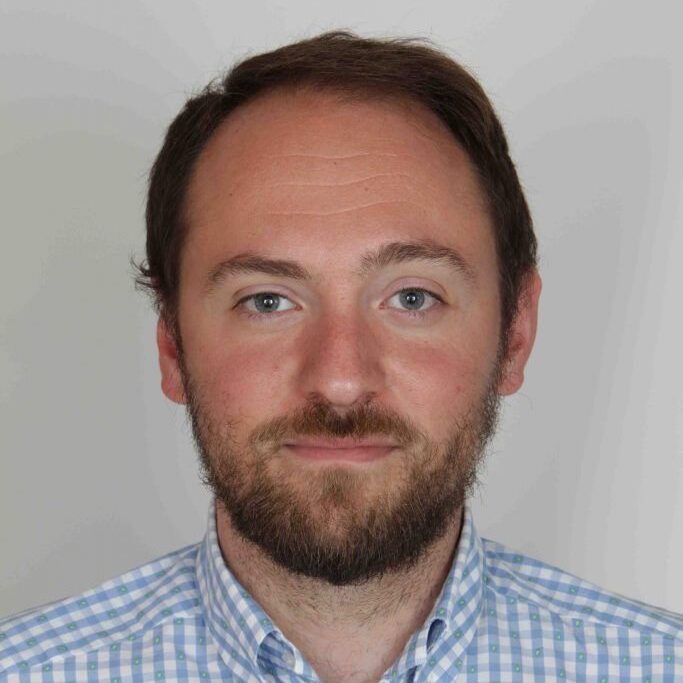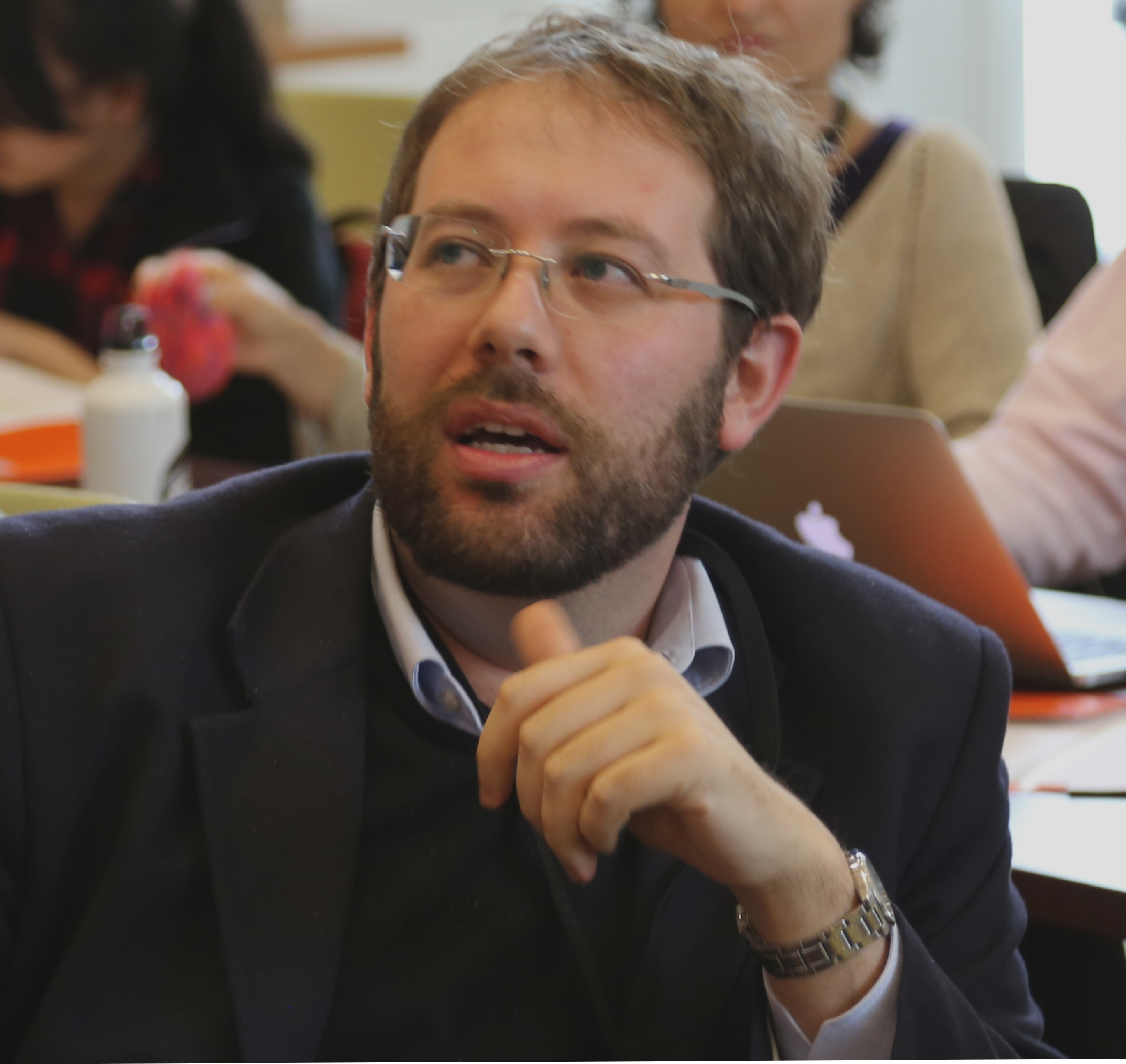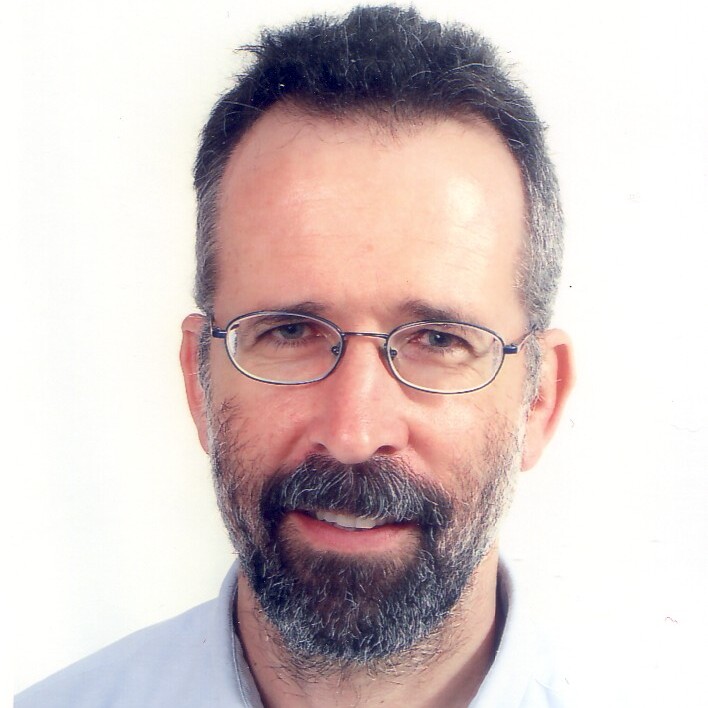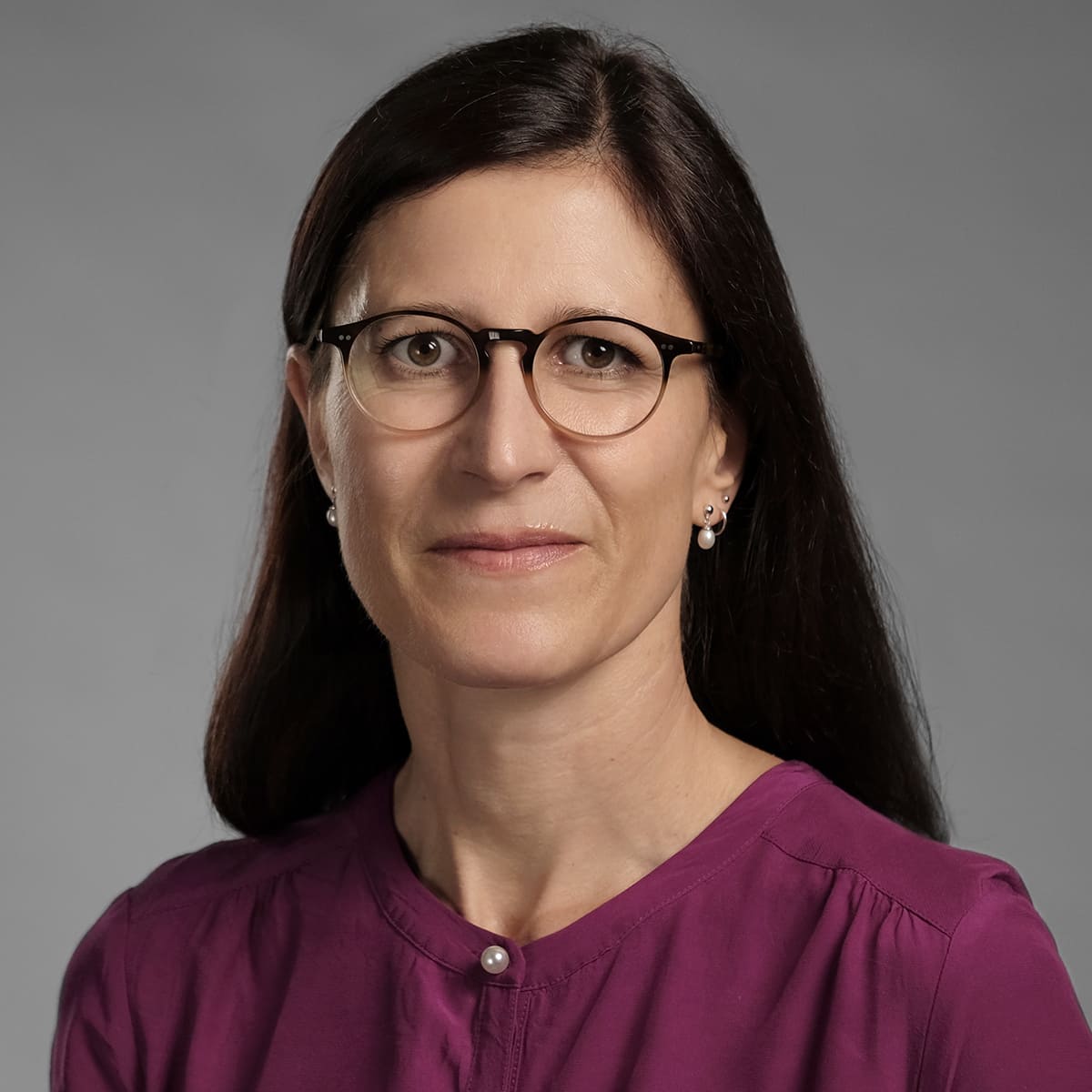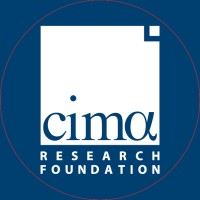ALMA MATER STUDIORUM – University of Bologna (UNIBO), founded in 1088, is known as the oldest University in the western world. It is one of the largest universities in Italy, with over 90,000 students, 32 Departments, 12 Research and Training Centres, 6 Campuses, 243 Degree Programmes, 52 International degree programmes, and 96 PhD programmes.
The University of Bologna has a Multicampus structure, ensuring the opportunity to learn and promoting stable research activities throughout the region, with the aim to improve the operations and quality of life for the university community.
Thanks to its presence throughout the territory, the international outlook, the research, the programme catalogue, and the information services, Alma Mater focuses on innovation and excellence across the major fields of science, engineering, and humanities, with more than 900 funded research projects.
Prof. Silvana Di Sabatino is the coordinator of the TRIGGER project and a Full Professor of Atmospheric Physics at the University of Bologna where she teaches Boundary-layer Physics, Dynamic Meteorology and Atmospheric and Oceanic Dynamics. She holds a PhD from the University of Cambridge (UK) in the area of environmental fluid mechanics. Her current research relates to urban microclimate and its interconnection with climate variability, city breathability and its connection with urban planning and Nature-Based Solutions. She has coordinated the EU-funded OPERANDUM project. Among her research interests, we find the development of tools to connect basic research with applied science closely related to responding to the needs of modern society. She is an Associate Editor of Environmental Fluid Mechanics (Springer), serves on the editorial board of Boundary-Layer Meteorology (Kluwer) and is Editor-in-chief of the Bulletin of Atmospheric Science and Technology (Springer). She has co-authored more than 150 scientific publications of which over 130 are in peer review journals.
Dr Carlo received his PhD from the Doctoral School in Environmental and Industrial Fluid Mechanics of the University of Trieste (Italy). He is currently a Researcher at the University of Bologna in the Atmospheric Physics Group. His research interests are in computational fluid dynamics, with a focus on turbulent flow simulations. He concentrates on large-eddy simulations methodology applied to pollution dispersion and evaluation of Nature-Based Solutions in the urban context.
Prof. Simona Tondelli is Vice Rector of the University of Bologna (UNIBO) and full professor of Urban and Regional Planning in the Department of Architecture (DA, UNIBO). She is a member of the scientific board of the PhD programme in Architecture and Design Cultures.
She has 24 years of research experience in sustainable urban planning, urban and rural regeneration, and urban health policies. She is currently the project coordinator of four EU projects (H2020 ENLIGHTENme, H2020 Ruritage, INTERREG EUROPE Match-up, INTERREG ADRION Adriseismic). In addition, she is the scientific head of the UNIBO research teams in many other projects (H2020 TExTOUR, ERA-NET JPI Urban Europe project SPN, H2020 SEERRI, H2020 SHELTER, Erasmus + UNINET Cultural Heritage, Erasmus + ICARO) and coordinator of various regional/local third mission research activities.
She is the author of over 130 publications.
Prof. Daniel Remondini has expertise in Data Analytics, Artificial Intelligence and Bioinformatics tools for multi-omics data (human, bacterial and viral genomics) with application to medicine, biology, epidemiology, and agrifood.
Application of Network Theory to modelling complex biological systems at multiple scales (cell gene & protein regulation, brain structure and function, human social networks).
Dr Paolo Ruggieri is a physicist by training, obtained a PhD with a thesis on climate dynamics, worked as a post-doc on climate prediction and joined the University of Bologna in February 2020 as a researcher. His research focuses on climate variability and predictability on seasonal-to-decadal time scales and on the development of an intermediate complexity climate risk model to support the design and evaluation of Nature-based Solutions. He teaches Climatology and a Numerical laboratory for a degree in the Physics of the Earth System. His main involvement in TRIGGER is in WP5 where we test the usage of climate predictions and projections for the health sector and the development of risk models for climate-related health threats.
Dr Salvatore Pascale is a Junior Assistant Professor at the University of Bologna since 2021. His research focuses on climate dynamics, monsoons, and hydroclimatic extremes in the context of climate change.
He is also the Junior Assistant Professor of Climate Dynamics and Changes at the Bologna Business School
The North changes the world – the team at the University of Oulu is part of the international science community producing new scientific information and science-based solutions. They are committed to educating future pioneers to build a more sustainable, intelligent, and humane world. Creating new, taking responsibility, and succeeding together are values that build a strong foundation for all their actions. The university offers a working environment where individuals can cultivate their skills, do meaningful work, and develop professionally. The university’s several specialized research and service units enable extensive and diverse development and career opportunities for experts in various fields.
Prof. Sylvain Sebert
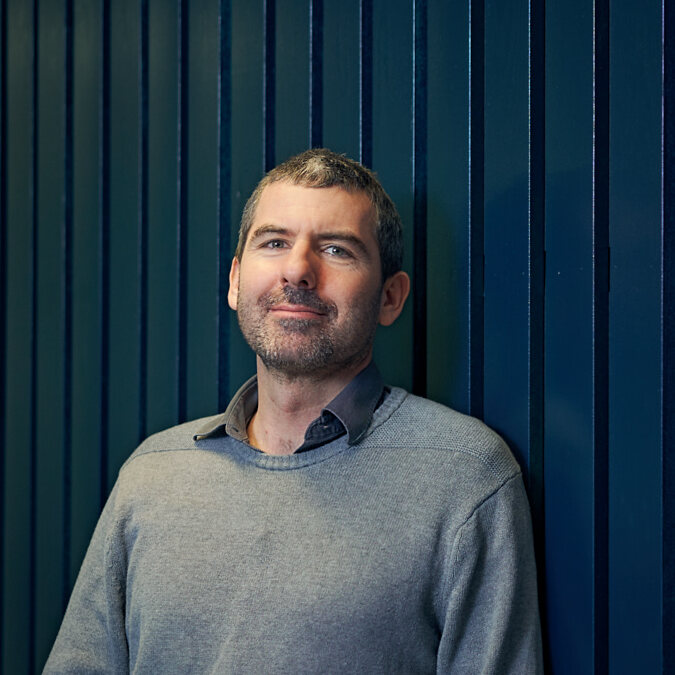
Prof. Sylvain Sebert has skills and strengths in life-course epidemiology, genetics, and epigenetics. He combines expertise in molecular physiology and epidemiology. He holds a full-professor position in life-course epidemiology at the University of Oulu and leads a research group to study the Life-course trajectories of cardio-metabolic and vascular health. He also chairs the NFBC scientific program and finally, he directs the International Master of epidemiology and biomedical data science (EBDS) at the Faculty of Medicine of the University of Oulu.
Prof. Tiina Ikäheimo
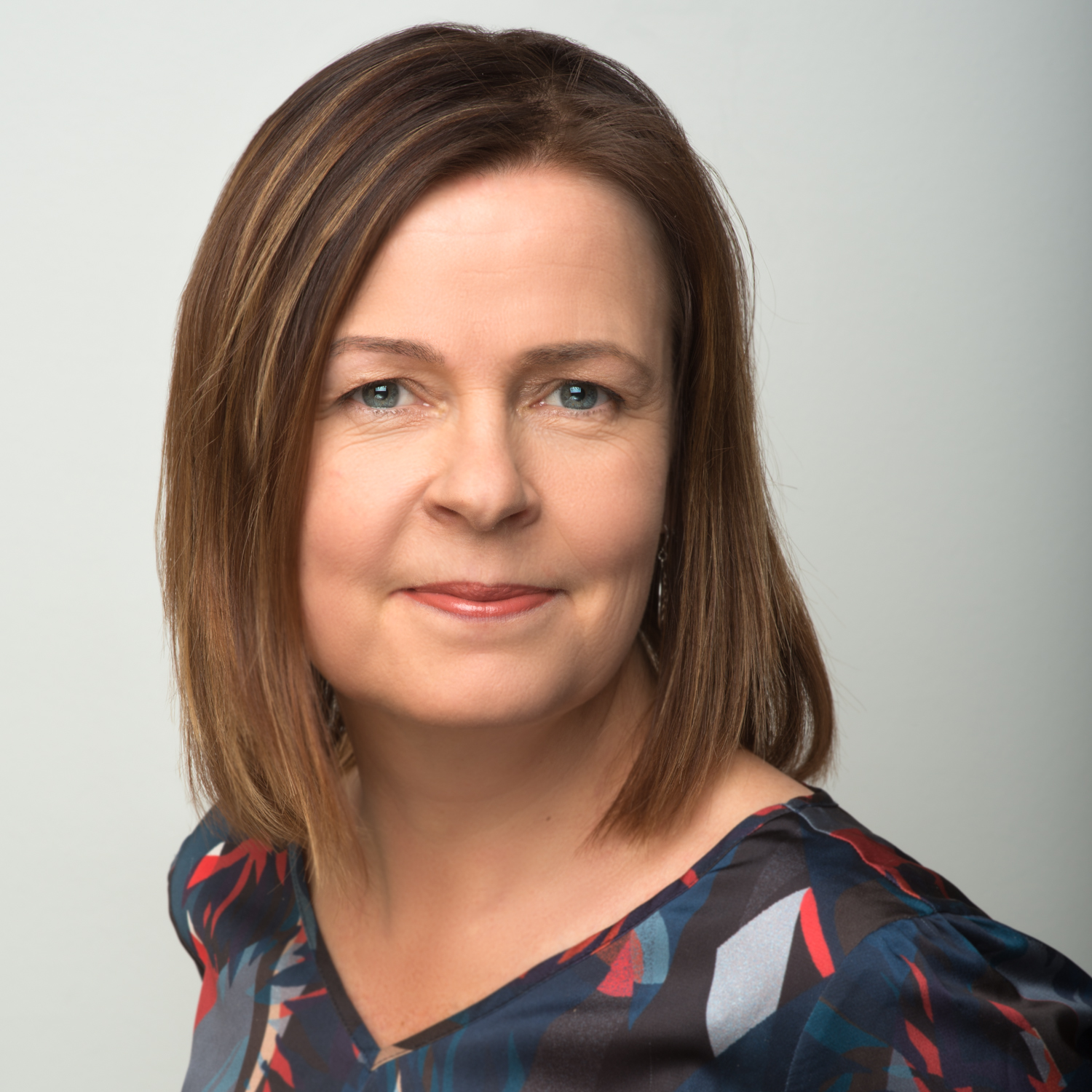
Dr Tiina Ikäheimo has expertise in examining the effects of environmental temperatures on human performance and health complemented with research related to physical activity and health. She has led laboratory studies investigating the influence of cold and heat at rest or during exercise on physiological responses among persons with hypertension, coronary artery disease and type 2 diabetes. Her epidemiological studies have focused on examining the influence of low and high temperatures on symptom reporting and health outcomes (respiratory infections, cardiovascular morbidity, and mortality) of healthy and vulnerable (cardiovascular and respiratory diseases, type 2 diabetes) populations. Her recent studies examine the influence of the residential environment, environmental exposures, and health outcomes.
Dr Anna Pulakka
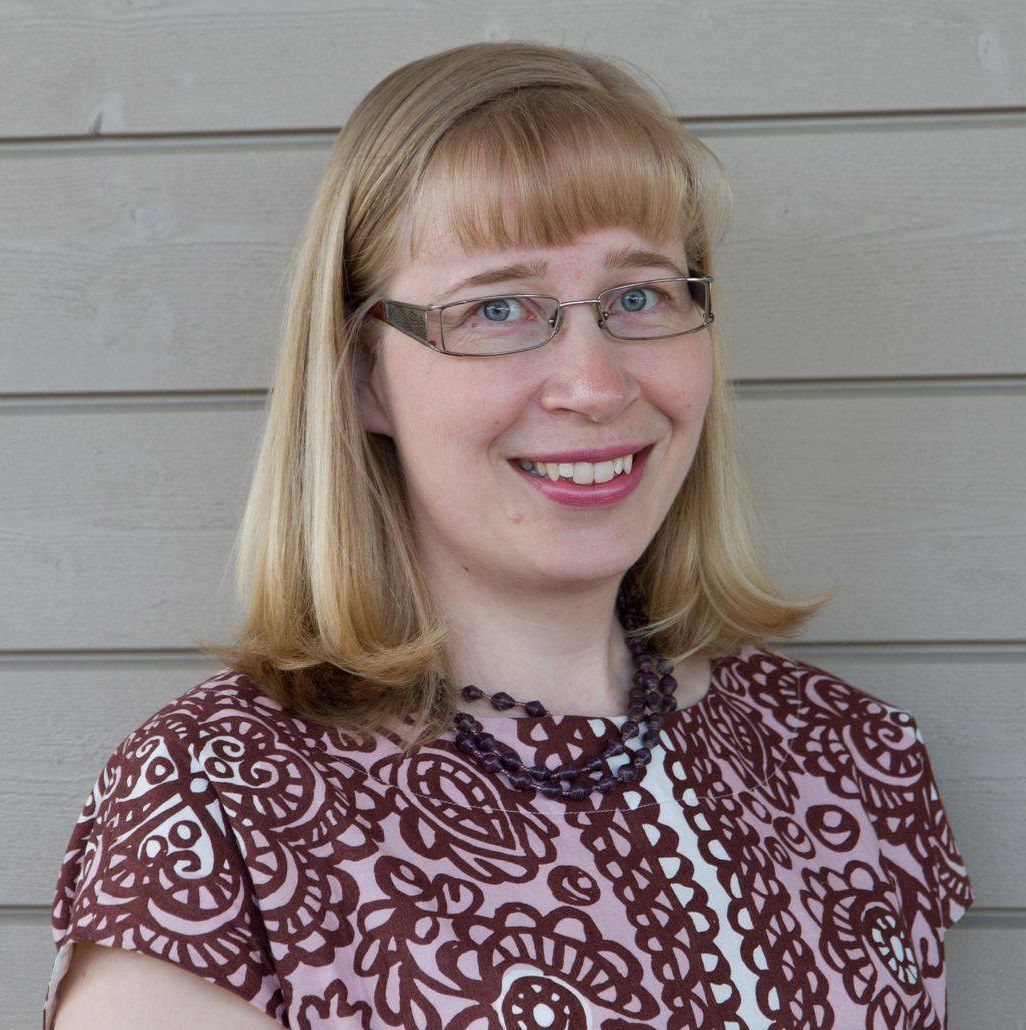
Dr Anna Pulakka is a public health researcher with a global health background and experience working in various research settings. She is currently working at the Research Unit of Population Health at the University of Oulu and the Finnish Institute for Health and Welfare (THL). Her research includes child health, environmental health, register research and health behaviours, especially physical activity.
Her publications can be found at Pulakka, Anna | Scopus.
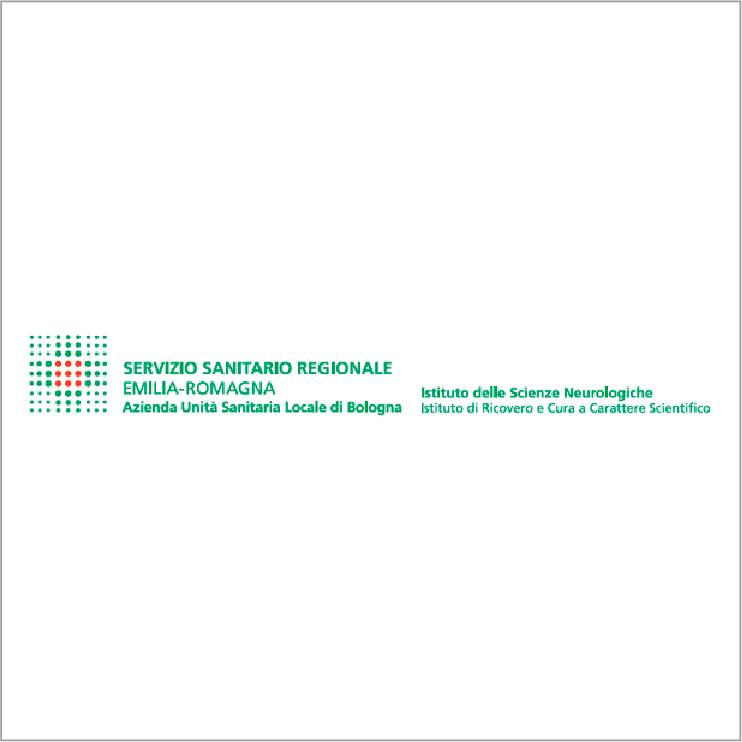
Azienda Unità Sanitaria Locale di Bologna
Prof. Valerio Carelli
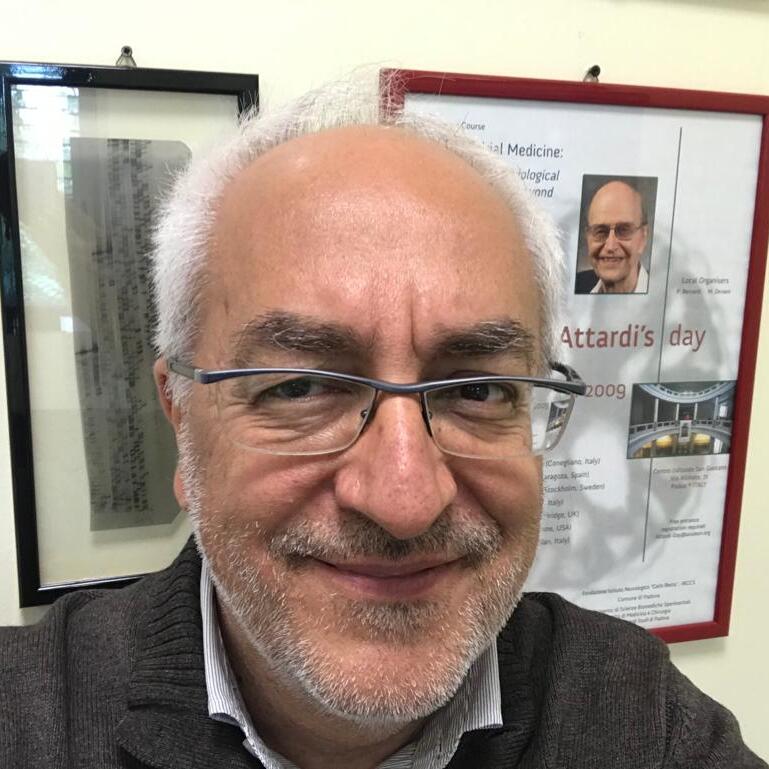
Prof. Valerio Carelli is a medical doctor, neurologist by training, with expertise in neurogenetics, molecular and cell biology. He runs 2 labs, one about DNA sequencing, and the other focused on cell modelling of rare neurogenetic disorders using reprogrammed stem cells (iPSCs), and transmitochondrial cytoplasmic hybrids (cybrids). Mitochondrial biology and medicine are the main field of investigation, including population and evolutionary genetics.
Prof. Emmanouil (Manolis) Galanakis, MD PhD (Phil), Professor of Paediatrics, University of Crete; Head, Dept of Paediatrics, Heraklion University Hospital; Academic Lead, MSc Programme in Vaccines and ID Prevention.
Graduated from the Schools of Medicine, University of Athens and of Philosophy, University of Ioannina, and studied Theology at the University of Athens. Doctoral Degree in Medicine (Social Paediatrics) and in Philosophy (Ethics). Fellow and Visiting Faculty in Institutions abroad.
He is a full-time clinician in Paediatrics and Infectious Diseases, focused on the promotion of child health in vulnerable populations, he has taught Paediatrics, Infectious Diseases and Medical Ethics, mentored junior colleagues, organised congresses and workshops, authored books, and articles, and performed research on infectious diseases, host’s response to infection, medical futility and on communicable diseases ethics. He has served in organisations and committees, guideline development, multicentre projects, and in Societies including the Boards of the Hellenic and of the European Society for Paediatric Infectious Diseases.
Prof. Eleni Vergadi
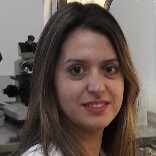
Prof. Eleni Vergadi is a paediatrician with an interest in Infectious Diseases. She has been trained at the Children’s Hospital Boston, Harvard Medical School, Dresden Bioinnovation Center, and Medical School of the University of Crete.
Mrs Julieta Pérez
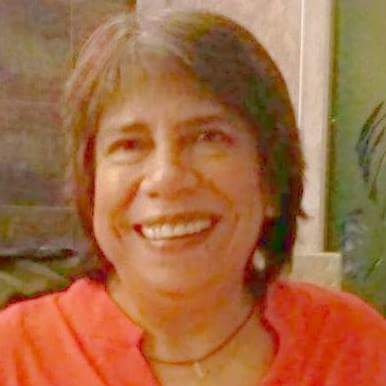
Mrs Julieta Pérez works at the University General Hospital of Heraklion providing administrative and secretarial support for research projects, technical support in the Respiratory Physiology Laboratory (spirometry technician) and counselling parents whose children are suffering from chronic diseases.
Prof. Elke Hertig is a geographer by training. Her PhD was in the field of climatology. Afterwards, she expanded her research to include the health impacts of atmospheric and environmental factors under current and future climate change. Her research focuses on regional/ local climate and environmental changes, and vector-borne diseases in particular mosquito-related, temperature extremes, air pollution, urban ecology, and climate resilience.
Prof. Dr. med. Thomas Berghaus

Prof. Dr. med Thomas Berghaus is senior consultant in cardiology and respiratory medicine, deputy leader of the department of respiratory medicine at the University Hospital Augsburg, adjunct professor at the Ludwig-Maximilians-University Munich, his research focuses on pulmonary vascular diseases, the impact of climate on lung diseases, and he is the leader of the Lungenembolie Augsburg (LEA)-study.
Andreas Hoffmann, M. Sc.

After obtaining his MD from Charité – University Hospital in Berlin, Germany in 2014, Andreas Hoffmann gained a master’s in epidemiology which had a focus in environmental epidemiology before he started his specialization in Hospital Hygiene and Environmental Medicine at the Augsburg University Hospital in 2020.
Selin Temizel, MPH

After obtaining her MD from Ruhr-University in Bochum, Germany, in 2012, Selin Temizel commenced her specialization in Hospital Hygiene and Environmental Medicine at Ruhr-University Bochum and University Hospital Augsburg, before taking over the staff unit for Hospital Hygiene and Environmental Medicine at University Hospital Augsburg in 2022. In parallel, she gained a master’s in public health from Liverpool University and is active in several international disaster response NGOs.
ECMWF is the European Centre for Medium-Range Weather Forecasts. It is both a research institute and a 24/7 operational service, producing global numerical weather predictions and other data for our 35 member and co-operating States as well as the broader community. The Centre has one of the largest supercomputer facilities and meteorological data archives in the world. Other strategic activities include delivering an advanced training and assisting the WMO in implementing its programmes. The ECMWF is a key player in Copernicus, the Earth Observation component of the European Union’s Space programme, offering quality-assured information on climate change (Copernicus Climate Change Service), atmospheric composition (Copernicus Atmosphere Monitoring Service), flooding and fire danger (Copernicus Emergency Management Service), and through the EU’s Destination Earth initiative, it is developing prototype digital twins of the Earth.
Dr Fredrik Wetterhall
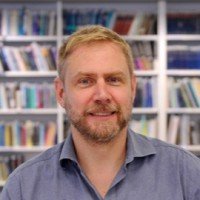
Dr Fredrik Wetterhall is a senior hydrological scientist with vast experience in managing several international research projects He has led the technical and scientific developments of several aspects of the hydrological forecasting, recently focusing on the sub-seasonal to seasonal time scale. Fredrik has over 20 years of experience in hydrological modelling, forecasting and impact studies for present and future climate. He has worked on several European and national projects, such as FP7 projects (DEWFORA, KULTURisk and GLOWASIS), as well as H2020 (ANYWHERE, EIFFEL and iCHANGE) and recently Horizon Europe (TRIGGER, CLIMAAX). Fredrik holds a Master of Science degree in Aquatic and Environmental Engineering and a PhD in Hydrology, both from Uppsala University (Sweden) and has published over 60 peer-reviewed scientific papers (h-index 31)
UCD is one of Europe’s leading research-intensive universities; an environment where undergraduate education, master’s and PhD training, research, innovation, and community engagement form a dynamic spectrum of activity.
Since its foundation, the University has made a unique contribution to the creation of modern Ireland, based on successful engagement with Irish society on every level and across every sphere of activity. The international standing of UCD has grown in recent years; it is currently ranked within the top 1% of higher education institutions worldwide. UCD is also Ireland’s most globally engaged university with over 37,000 students drawn from 152 countries, including over 4,500 students based at locations outside of Ireland. The University’s main Dublin campus occupies an extensive parkland estate of 133 hectares and offers world-leading facilities including the UCD O’Brien Centre for Science, UCD Sutherland School of Law, UCD Lochlan Quinn School of Business, UCD Moore Centre for Business, and the UCD Student Centre.
As Ireland’s largest university, with its great strength and diversity of disciplines, UCD embraces its role to contribute to the flourishing of Ireland through the study of people, society, business, economy, culture, languages, and the creative arts, as well as through research and innovation. The University’s Strategy 2020-2024 Rising to the Future outlines the objectives and major strategic initiatives set in place to accomplish UCD’s vision for this era.
Prof. Francesco Pilla
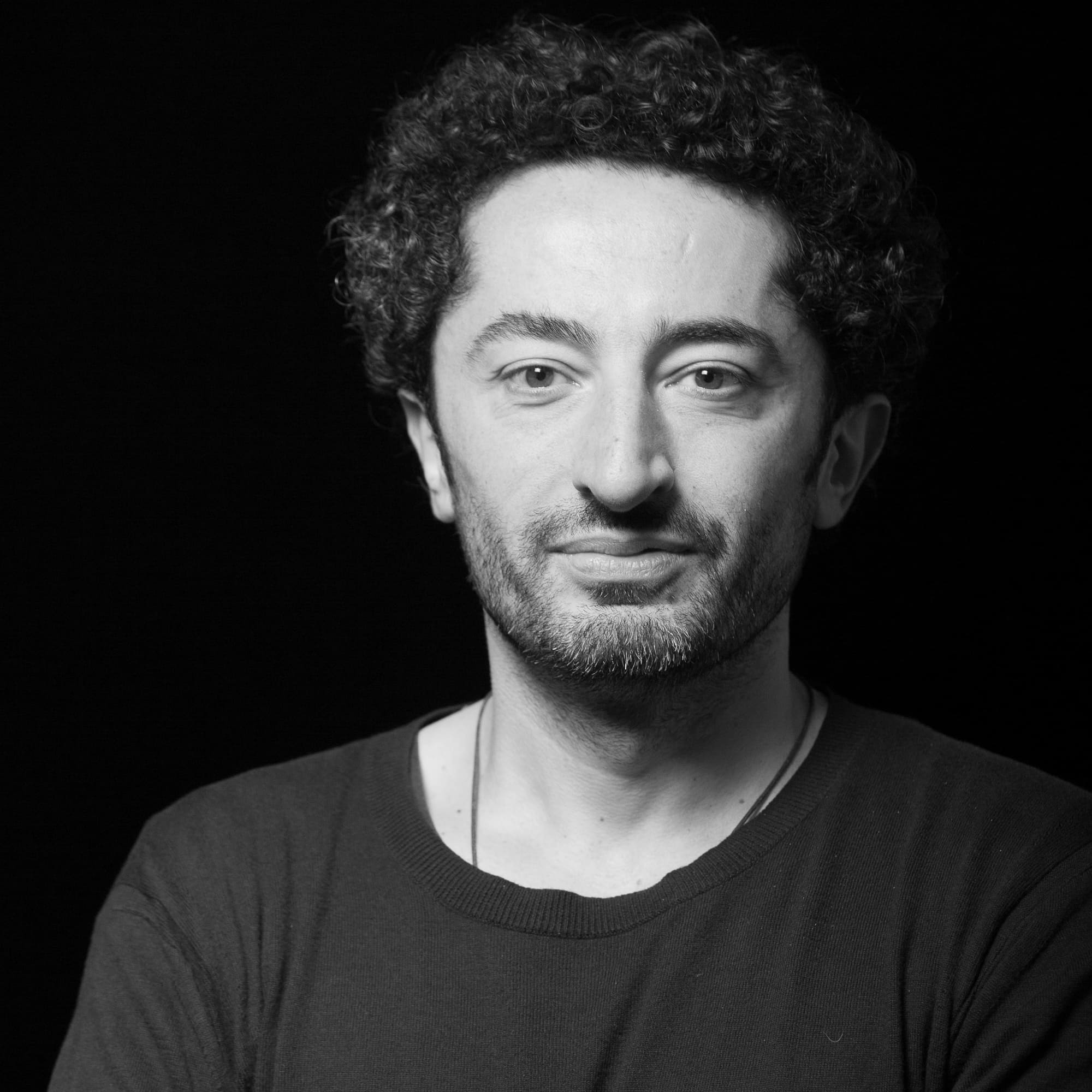
Prof. Francesco Pilla’s work lies at the intersection between cities and technologies. His goal is to build better cities through technology, innovation, and citizen participation. Focusing on empowering local communities with cutting-edge technology and enabling them to act on pressing environmental issues in their local environment. Using this approach to codevelop and pilot solutions in real-life settings in several cities in Europe, where he is addressing sustainability and climate change-related challenges as part of my projects in the areas of smart and climate-neutral cities, nature-based solutions, sustainable mobility, smart logistics, citizen science, hydrometeorological risk, smart villages, zero energy districts, sustainable and inclusive society, environmental pollution.
The University of Barcelona (UB), founded in 1450, is the largest of the ten universities in Catalonia with more than 62.000 students and almost a research staff of 6.000 members. It offers degrees in 74 different teaching areas with numerous postgraduate and doctorate programs as well as continuing education courses. UB ranked the 1st Spanish university, and the 23rd European institution in scientific quality and productivity, managing an average of 150 European projects per year.
UB actively participates in international networks and inter-university partnerships. It’s a member of the League of European Research Universities (LERU) that leads research-intensive universities with high-quality teaching within an environment of internationally competitive research. It was granted the Human Resources Excellence in Research Award by EURAXESS highlighting its commitment to continuous improvement of its Human Resources Strategy for Researchers (HRS4R). UB leads the CHARM European University partnership and the Campus of the Americas.
Prof. Mònica Serrano
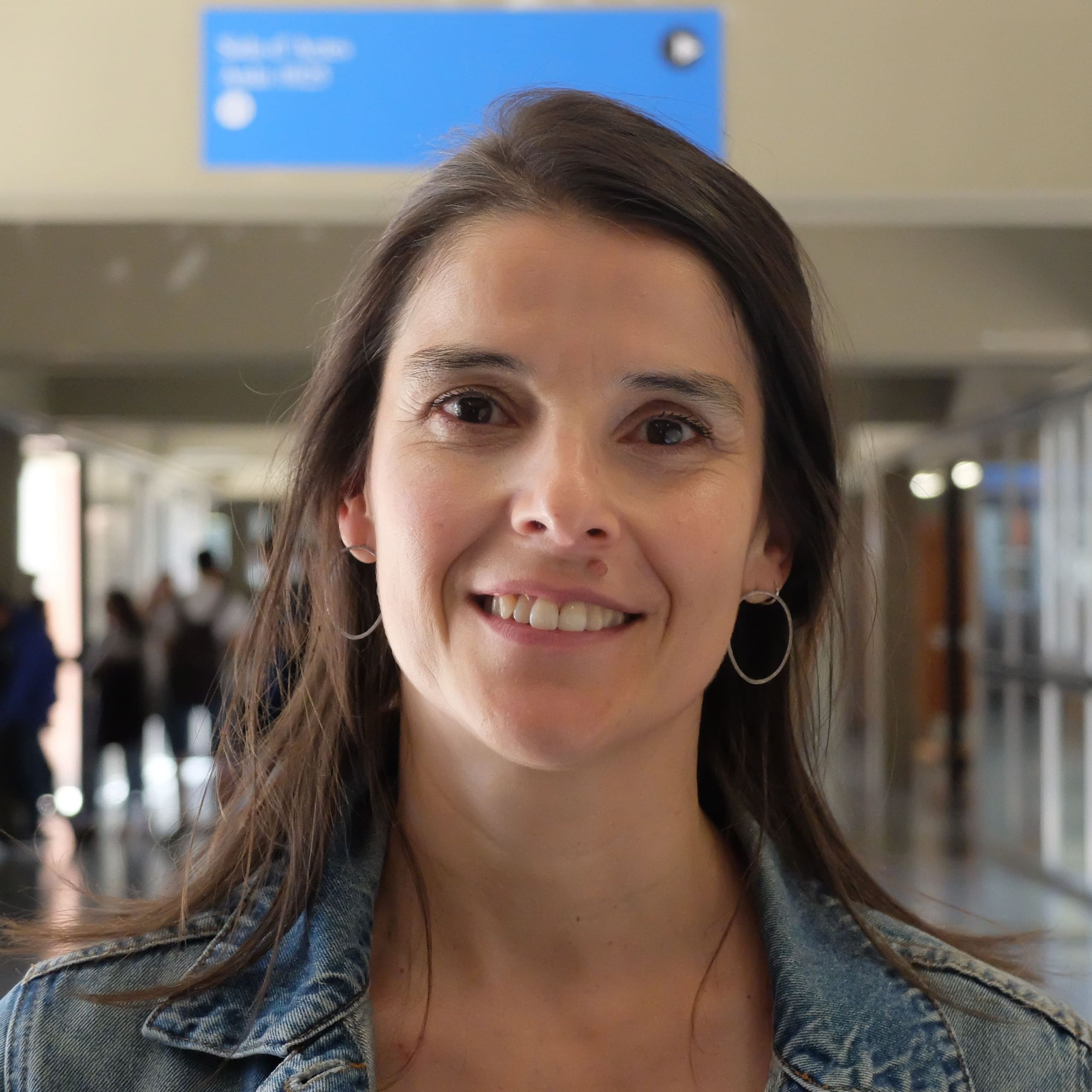
Prof. Mònica Serrano is Associate Professor at the Department of Economics of the University of Barcelona (UB) and faculty member of UB School of Economics.
She is a member of the Barcelona Economic Analysis Team (BEAT) research institute, the Network of reference in Economics and Public Policies (XREPP), and the Inter-University Women and Gender Studies (iiEDG). She was the secretary of the Hispanic American Input-Output Society (SHAIO). She is currently a member of the executive committee and secretary of BEAT, as well as the scientific director of the “Environment, Sustainable and Well-being” research line, and elected council member of the International Input-Output Association (IIAO) in 2022. From 2021, she is an editor of the Ecological Economic international journal.
Her research focused on the study of sectoral and worldwide economic interdependences, particularly those related to the environment and care economy; but also, others such as income distribution.
Prof. Alexandrina Stoyanova
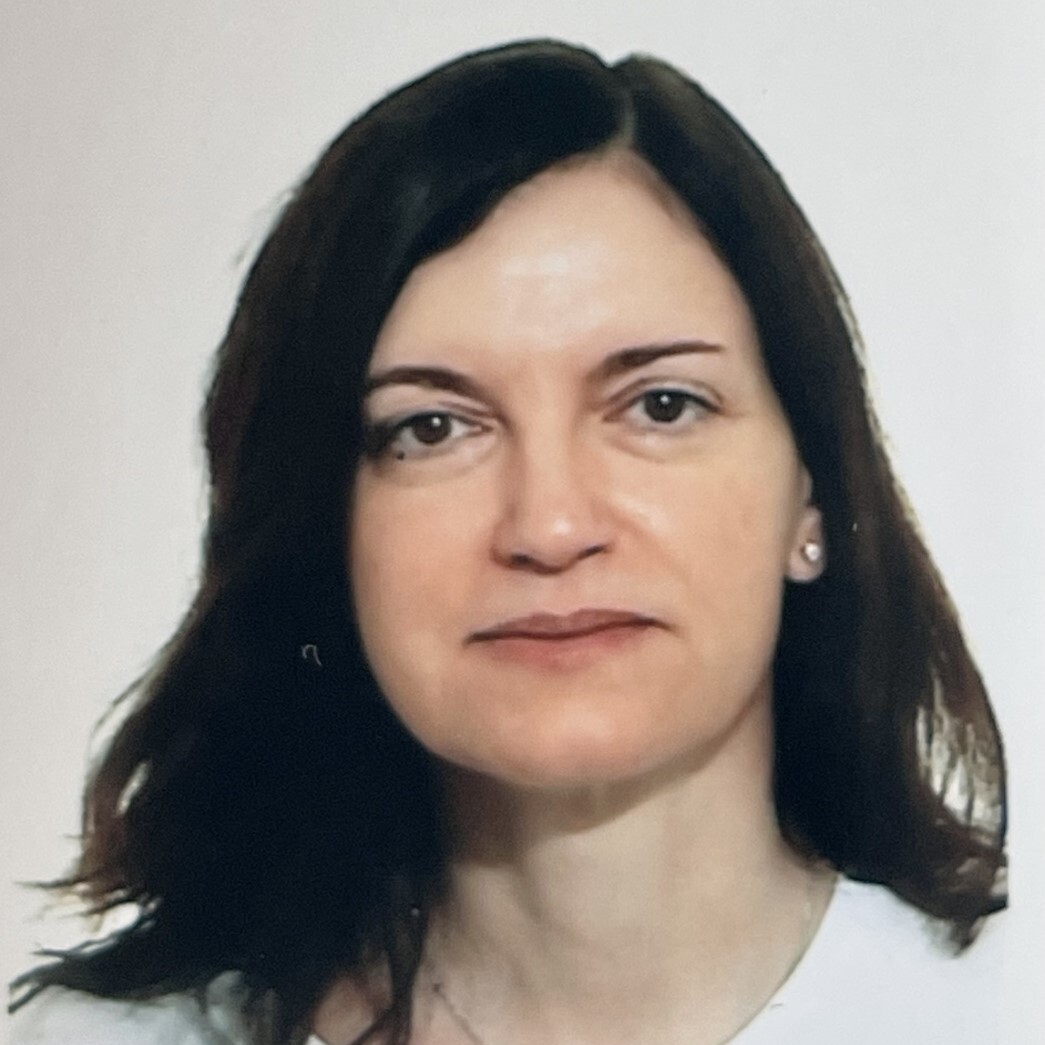
Prof. Alexandrina is an associate professor in Economics at the University of Barcelona, a researcher at the Center for Economic Analysis and Social Policy, and a member of Barcelona Economic Analysis Team. Her main research focus is health economics. She is especially interested in topics such as the demand for health care and health insurance, long-term care, and (socioeconomic) disadvantages in health and health care utilization. As an expert in health economic evaluation, she is participating in various multidisciplinary projects.
Dr. Francisca Toro Álvarez
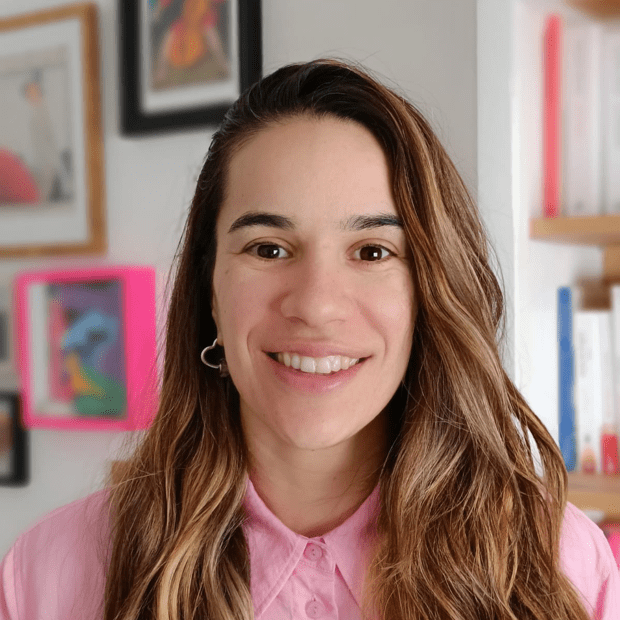
Dr. Francisca Toro is a postdoctoral researcher at the University of Barcelona with a diverse academic background. She holds a PhD in Economics from the University of Oviedo (Spain), a master’s degree in Economics from the University of Barcelona (Spain), and a degree in Industrial Engineering from Adolfo Ibanez University (Chile). Her expertise lies in the fields of Environmental and Natural Resources Economics, Gender Economics, Spatial Economics, Multisectoral Modeling, Multiregional analysis, and Econometrics techniques.
Dr. Raquel Andrés
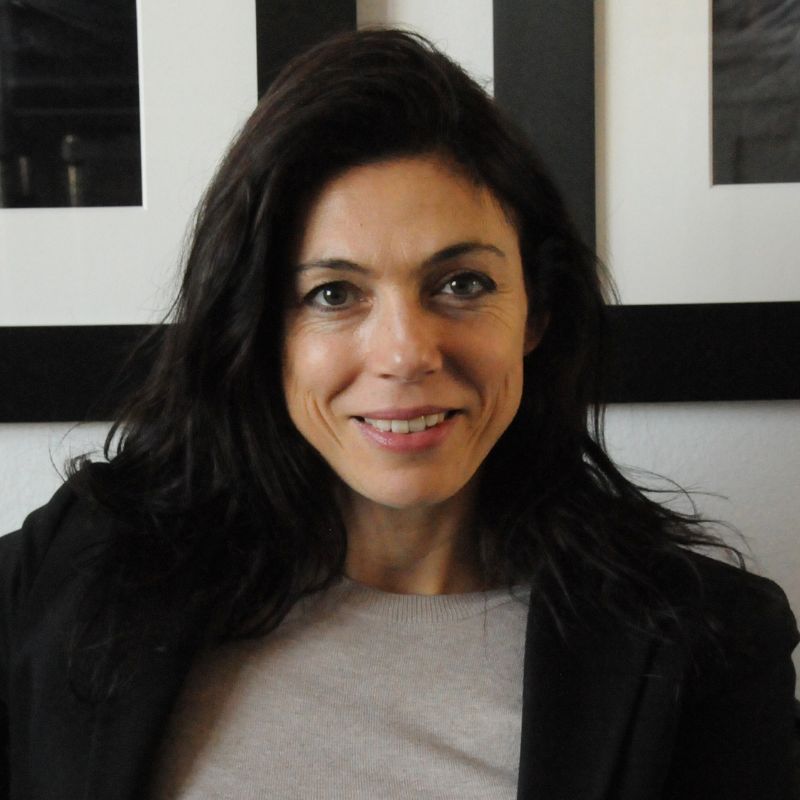
Dr. Raquel Andrés is a researcher at the University of Barcelona. After earning her doctorate degree in Biometrics and Statistics from the University of Barcelona, she worked as researcher at the Mailman School of Public Health, Columbia University, where she undertook diverse projects aimed at enhancing healthcare accessibility for vulnerable populations. Her primary research focus has been on utilizing digital health to empower patients and reduce healthcare disparities. As an expert in data science and working with complex datasets, she is currently participating in various multidisciplinary European research projects.
The interdisciplinary People-Environment Research Group has a long trajectory of world-class research on the interactions between the natural and built environment and human behaviour and includes psychologists, sociologists, economists, political scientists, geographers, and architects. Its areas of expertise include the psychological dimensions of social change and transitions to sustainable lifestyles, social innovation, environmental risk research, environmental education, the relationship between nature-based solutions, pro-environmental behaviour, and wellbeing. For the last ten years, the Group has both coordinated and participated in numerous national and European research projects including FP7 and H2020 EU-funded programs (see below for a few examples). Its members have consolidated expertise in both qualitative and quantitative methods of research as well as participatory scenario development methodologies such as back-casting scenarios. The group combines such applied research work with the teaching and training of organizations and policy-makers to incorporate sustainability principles in their work.
Prof. Ricardo Garcia Mira
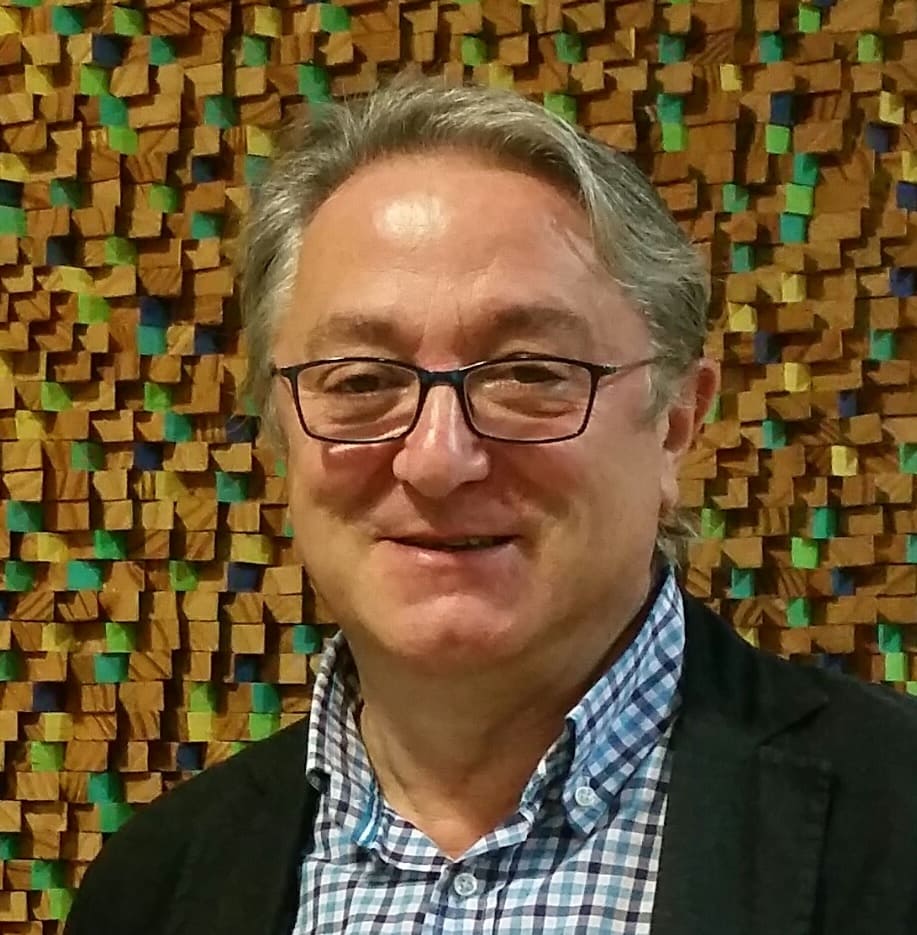
Ricardo Garcia Mira is Professor of Social Psychology at the University of A Coruña (1995-), was a Visiting Professor at the Institute for Policy Research at the University of Bath (2016-22), at Cornell University (2020), at Tokyo University (2021); Visiting Reader at the University of Surrey (2003-2012), and International Visiting Scholar at the Texas State University (2001). He has been invited to give lectures or collaborate in postgraduate courses, both in Europe and beyond (Tallinn Univ.; UNAM, Timisoara, Paris V Univ., Texas A&M, Ceará, Sergipe, among others). He was the elected President of the International Association for People-Environment Studies (IAPS), 2014-18. He is a fellow of the International Association of Applied Psychology, and Doctor Honoris Causa by the University Alex. Ioan Cuza of Iasi, Romania (2018). His current research focuses on the psychological determinants of pro-environmental behaviour and sustainable lifestyle choices He is currently the scientific coordinator of the ENTRANCES project (2020-23) on energy transitions to clean energies.
Dr Nachatter Singh Garha
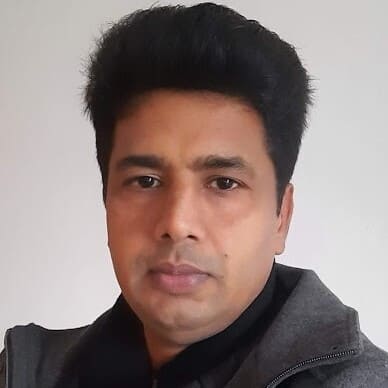
Dr Nachatter Singh Garha is a postdoctoral researcher at the University of A Coruña in Spain. He has a PhD in Demography from the Autonomous University of Barcelona (UAB). He is currently working on the H2020 project ENTRANCES, which is focused on the impact of the energy transition on the carbon-intensive regions throughout the European Union.
Marta Fdez.- Prieto
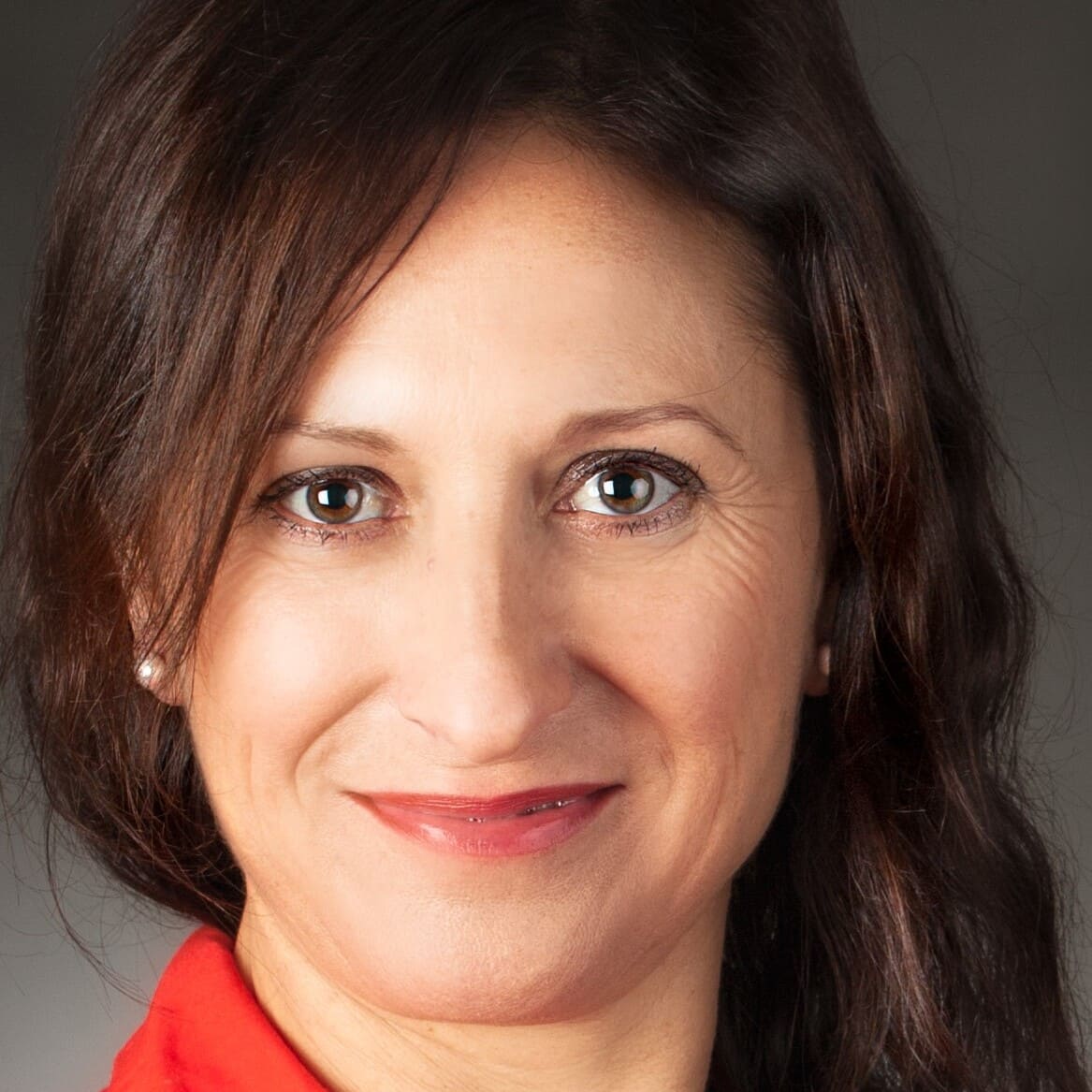
Marta Fdez.- Prieto is Doctor in Educational Sciences from the University of Salamanca in 1995 and Online Training Technician from the Universitat Oberta de Catalunya in 2002. In 1989 she completed a PhD course on Education Policy and Educational Management at the Institute of Education in Amsterdam (The Netherlands) through Erasmus. Subsequently, she was awarded a National Research Staff Training Grant (FPI) attached to the University of Salamanca which allowed her to develop her research and teaching work on educational changes and innovations. She was an Associate Professor at the University of Oviedo (Asturias) in the Faculty of Education and Social Work and is currently an Associate Professor of Information and Communication Technologies (ICT) at the University of A Coruña in the Faculty of Education Sciences. She has participated in the organisation of scientific events dedicated to ICT research on teaching and learning proposals, as well as in research projects related to the social transformation of educational centres towards digitalisation, sustainability, and cooperation.
Prof. Gary W Evans
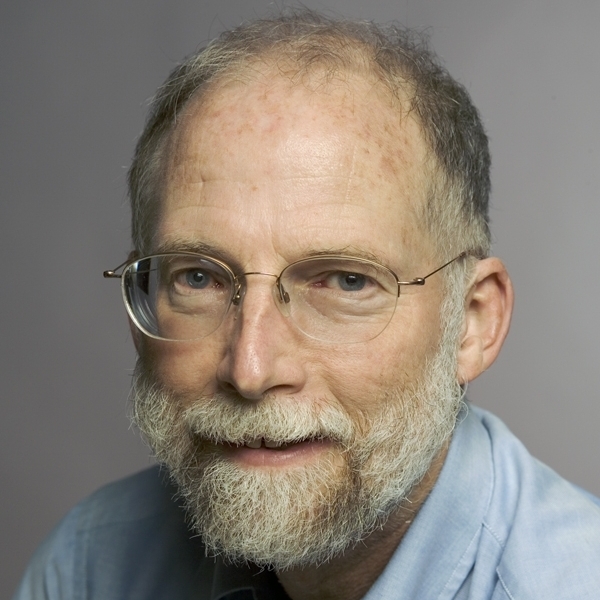
Prof. Evans is an environmental and developmental psychologist interested in child-environment transactions. He has specific interests in the environment of childhood poverty and children’s environmental behaviours and attitudes.
University of Cyprus aims to establish itself as a Pioneer Research Institution achieving International Scientific Recognition in European Higher Education, offering Competitive Programmes and to become a Centre of Excellence in the wider Euro – Mediterranean Region.
The main objectives of the University are twofold: the promotion of scholarship and education through teaching and research, and the enhancement of the cultural, social and economic development of Cyprus.
In this context, the University believes that education must provide more than simply an accumulation of knowledge. It must also encourage students’ active participation in the process of learning and acquisition of those values necessary for responsible involvement in the community. The University sets high standards for all branches of scholarship. Research is promoted and funded in all departments for its contribution to scholarship in general and for its local and international applications.
About the EFM lab
The Laboratory – Isle of Excellence of the Environmental Fluid Mechanics (EFM lab); of the Civil and Environmental Engineering Department of the University of Cyprus) led by Professor Marina Neophytou, has extensive experience and expertise in the Fluid Mechanics, Thermodynamics and Dispersion of Air Pollutants in Urban Areas. The EFM lab has initiated and currently actively undertakes ERASMUS exchange visits with a number of universities in Europe including the University of Cambridge (UK), Eindhoven University of Technology, KTH Research School-University of Gaevle and the University of Genoa. It also currently supports a joint PhD program with the Eindhoven University of Technology.
Prof. Marina Neophytou
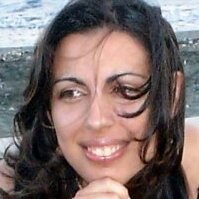
Prof. Dr Marina Neophytou is Professor in Environmental Engineering leading the Environmental Fluid Mechanics (EFM) Laboratory – Isle of Excellence and she is also Head of the Department of Civil and Environmental Engineering (since December 2021). She has served as Director (2018-20) and founding Director (2012-14) of the Interdepartmental Graduate Program “Energy Technologies and Sustainable Design” of the Engineering School of the University of Cyprus. During 2014-15 she has been a Visiting Professor at the Swiss Federal Institute of Technology – ETH-Zurich, as well as a UNESCO Visiting Research Fellow in 2009 at the Massachusetts Institute of Technology, U.S. and the Los Alamos National Laboratory, U.S. She completed her undergraduate studies (BA-Honours and MEng degrees) at Cambridge University (UK), on a full-expense Cambridge Commonwealth Trust Scholarship (1993-97). During her undergraduate studies she has worked at the Schlumberger Cambridge Research Centre (Cambridge, UK) and Schlumberger-Dowell Research and Production Center (Paris, France) for which she has received the European Grant Award “Women in Technology”.
Dr Petros Mouzourides
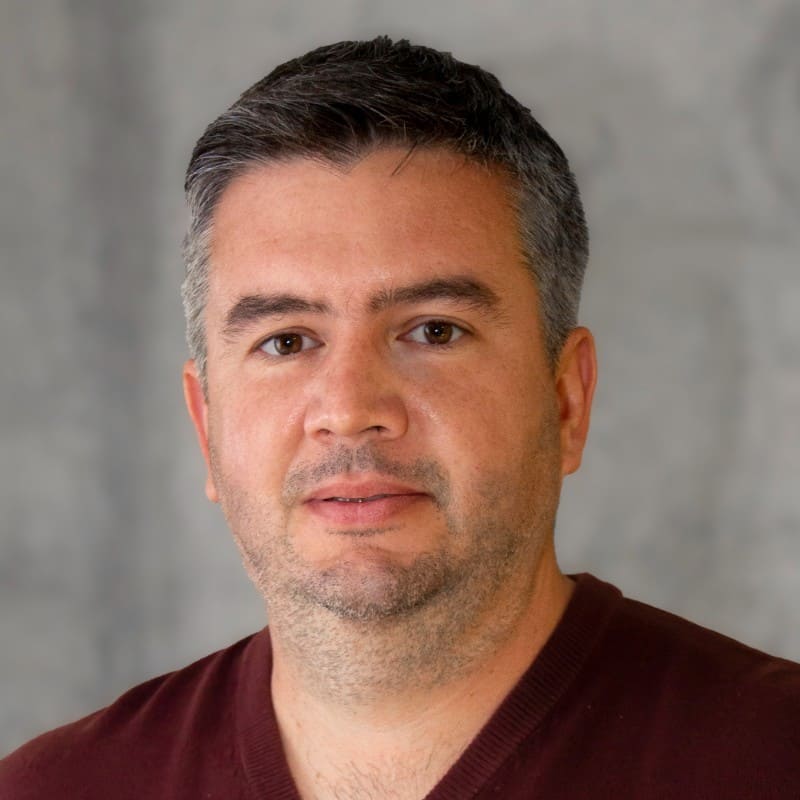
Dr Petros Mouzourides holds a PhD degree in Environmental Engineering from the Department of Civil and Environmental Engineering (CEE) of the University of Cyprus and a Diploma in Applied Mathematics and Physical Sciences from the National Technical University of Athens. In his PhD, Dr Mouzourides studied the multiscale nature of the dynamics of the atmosphere. He also got involved with field measurements and particularly in conducting meteorological and air quality measurements with the Air Quality Monitoring Station of the Environmental Fluid Mechanics Laboratory of UCy. He attended a number of international workshops/schools on Air Quality and Dispersion modelling in Urban environments. He also spent a semester in 2014 for a work training placement at the University of Surrey, in the UK, within the framework of the ERASMUS PLACEMENTS. He served as a teaching assistant and then as an instructor of different Fluid Mechanics-related undergraduate courses in the Department of CEE of UCy.
Mr Nestoras Antoniou
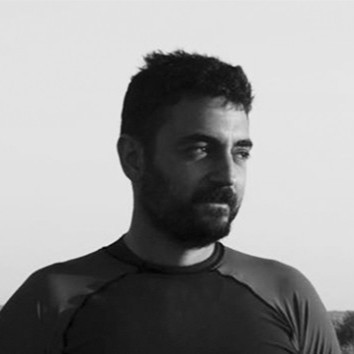
Mr Nestoras Antoniou is a PhD candidate in a joint doctoral program between the Department of Civil and Environmental Engineering of the University of Cyprus and the Technical University of Eindhoven in the Department of the Build Environment. He holds a diploma in Architectural Engineering from the Architectural Engineering School of the University of Patras and an MSc degree in Building Energy and Environmental Performance Modelling from the Wales School of Architecture of the University of Cardiff. He is also a full member of the Cyprus Technical Chamber with experience in building construction. During his doctoral studies, he has attended various international conferences and PhD schools in the field of Urban Physics and Wind engineering. He has also served as Teaching Assistant and Expert Scientist for the courses of Fluid Mechanics and Experimental Fluid Mechanics in the CEE Department of the University of Cyprus.
Democracy X (formerly known as the Danish Board of Technology, or DBT) is a nonprofit, public-interest foundation dedicated to advancing technology assessment, foresight, evidence-based decision-making, parliamentary advisory activities in science, technology, and innovation, as well as collaborative democracy and methodological research. As of March 1, 2023, Democracy X has expanded its reach and capabilities through a merger with DeltagerDanmark (DD), a value-driven social enterprise. DD has been instrumental in assisting a diverse range of private, public, and civic stakeholders in fostering involvement and engagement with citizens, employees, or members to collectively address challenges and achieve common goals.
The newly integrated Democracy X operates with a comprehensive scope that spans local, regional, national, European, and international perspectives. It specializes in engagement methodologies that include transdisciplinary research, stakeholder involvement, citizen participation, political deliberation, and advisory, and public communication. With a 35-year history of methodological innovation, Democracy X has developed a world-class expertise in facilitating transdisciplinary dialogues and conducting solution-oriented research.
PhD Francisca Nordfalk
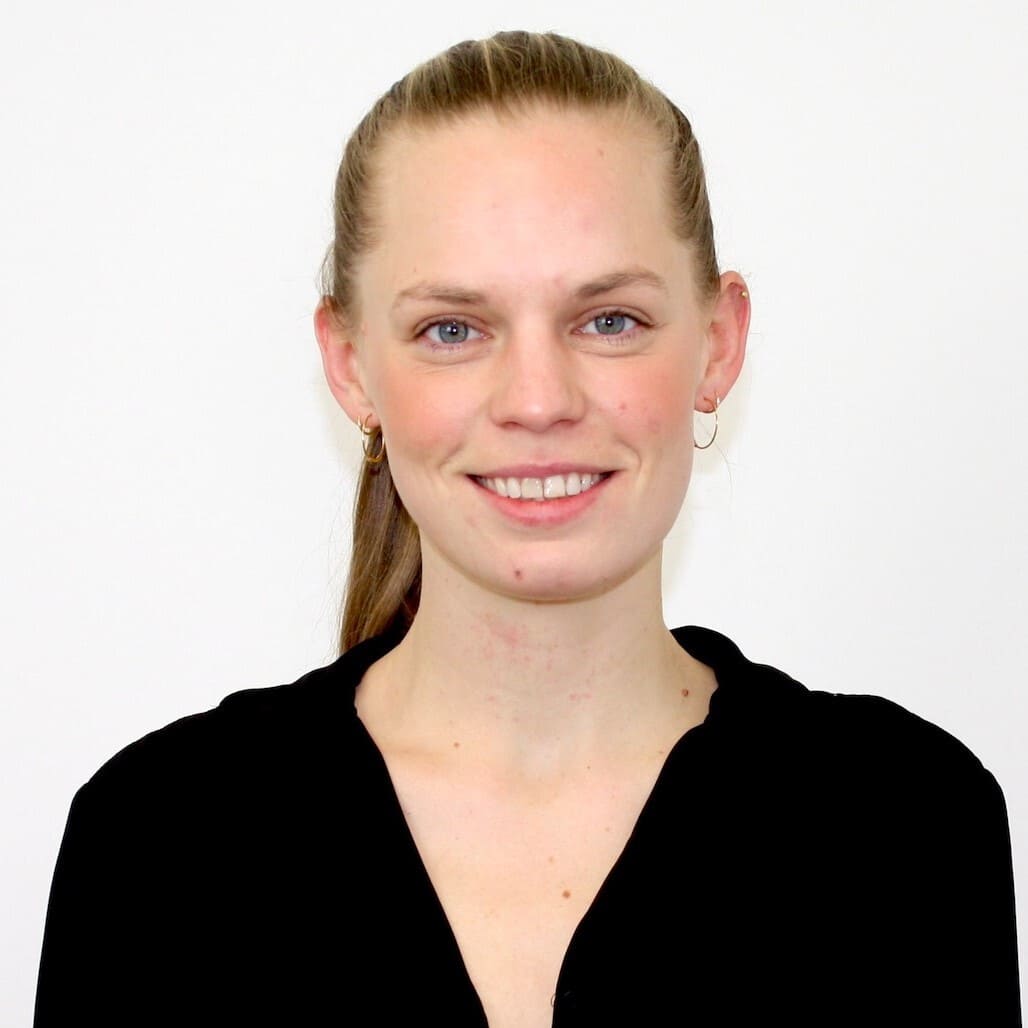
Ms. Francisca NORDFALK, PhD in Medicine, Culture & Society. MSc in Public Health. Project Manager in Democracy X focusing on public engagement, citizen engagement, stakeholder engagement and data ethics. Experienced in a variety of engagement methodologies, assessment of data infrastructures and the academic and political debates about the values, rights and duties of research participation. Currently involved with research projects TRIGGER: SoluTions foR mItiGatinG climate-induced hEalth thReats and the Human Brain Project.
Naja Kilime
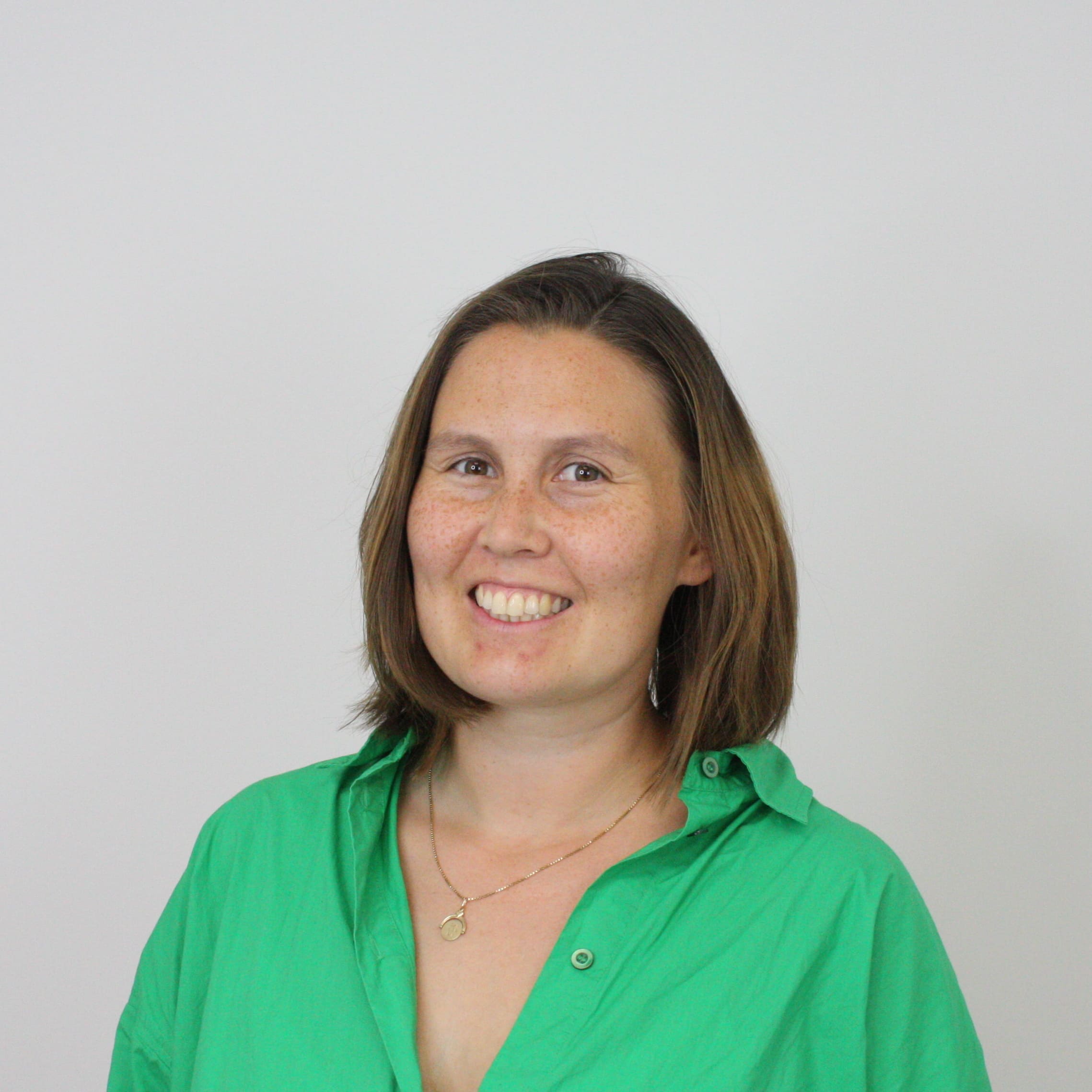
Ms Naja Kilime, (she/her), MSc. Health promotions and health strategies and work-life study. Project Manager in Democracy X focusing on public engagement, citizen engagement and stakeholder engagement. Experienced in a variety of engagement methodologies, community building, technology assessments and gender inclusion in professional settings. Currently involved with research projects, TRIGGER, and Robotics4EU.
CIMA Research Foundation is a non-profit research organization committed to promoting the study, scientific research, technological development and higher education in engineering and environmental sciences, within the fields of civil protection, public health and aquatic and terrestrial ecosystems conservation. The history of the CIMA Foundation is rooted in the study of flood and landslide risk mitigation strategies. In the mid-1980s, research in this field was entrusted by the Minister of Civil Protection at the time, Giuseppe Zamberletti, to Dr Franco Siccardi, who was a professor of Engineering at the University of Genoa. The research group led by Dr Siccardi laid the groundwork for the creation of the Interuniversity Centre in Environmental Monitoring, born in 2007 with the support of the Deputy Head of the Civil Protection Department, Bernardo De Bernardinis. The founding bodies of CIMA Research Foundation are the Civil Protection Department – Presidency of the Council of Ministers, the University of Genoa, the Liguria Region and the Province of Savona. In 2019, the Regional Agency for the Protection of the Ligurian Environment (ARPAL) joined the Board of Directors, together with the founding bodies.
Dr Antonio Parodi
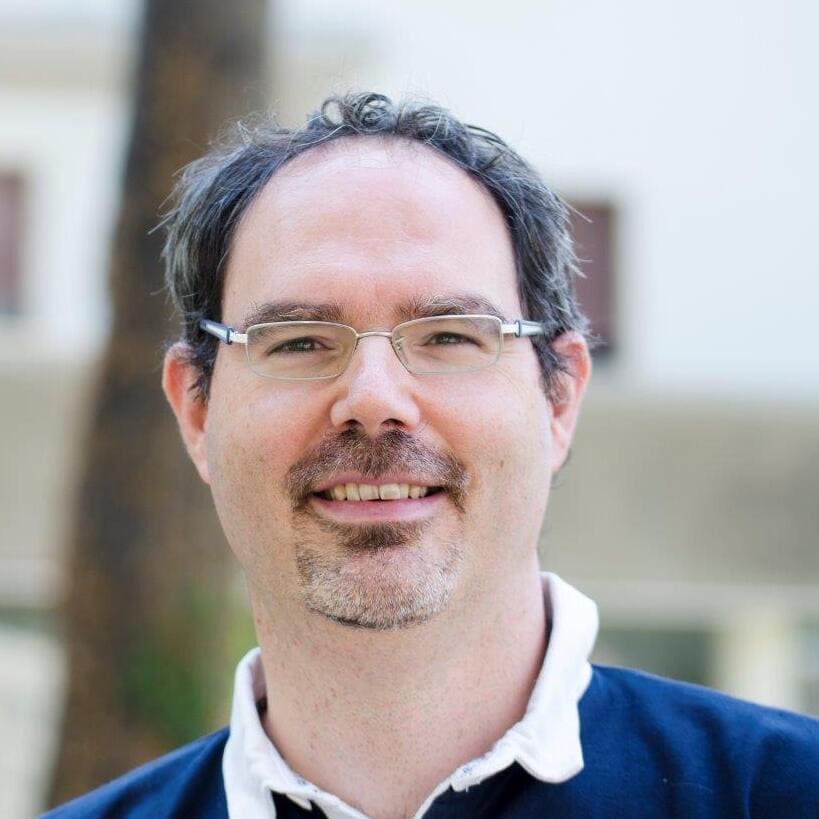
Dr Antonio Parodi is an expert in atmospheric modelling and statistical analysis of extreme events. He coordinated the FP7 project DRIHMS (2009-2011), DRIHM (2011-2015) and DRIHM2US (2012-2014), ESA-STEAM (2017-2019), H2020 SINOPTICA (2020-2022), and H2020 I-CHANGE (2021-2025).
He is author and co-author of about 70 peer-reviewed papers.
Dr Martina Lagasio
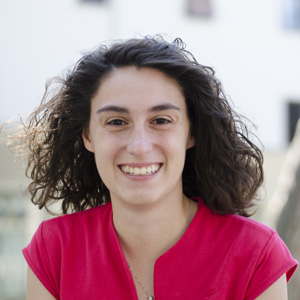
Dr Martina Lagasio got her Master Degree in Environmental and Energy Engineering at the University of Genoa in 2015, with a research thesis done in collaboration with the École Polytechnique Fédérale of Lausanne. She got a PhD in Computer Science and Systems Engineering in 2019. Since 2017 she is a researcher at the Meteorology Department of the CIMA Research Foundation. Her research activity is focused on the assimilation of observational data in high-resolution meteorological models to improve the forecast skill of extreme events. She worked on two projects funded by the European Space Agency, STEAM-SaTellite Earth Observation for atmospheric modelling (2017-2019) and G-CLASS, about the impact evaluation of Sentinel and GNSS observations assimilation in forecasting extreme events and about the impact study on the hydro-meteorological predictive capability of the data potentially provided by the new geostationary InSAR of the next generation Earth-Explorer. She collaborated with the operational meteorological modelling implementation and validation with data assimilation of the National radar data and she is currently working on the development of numerical weather modelling with data assimilation for nowcasting purposes. She participated in the H2020 projects E-SHAPE, LEXIS, SINOPTICA and I-CHANGE.
JOANNEUM RESEARCH is a publicly owned, business-oriented research company that provides innovation and technology. Its Institute for Climate, Energy and Society (LIFE) deals with key issues relating to climate change, climate risks and transformation research towards a climate-neutral society. The LIFE researchers are characterized by their comprehensive overall system understanding of the complex correlations in the fields of climate, energy and society in economic, technological, ecological, social and political terms. The social mission of LIFE is to strengthen resilience to climate and weather risks and to support the transition to a climate-neutral economy/society.
Dr Franz Prettenthaler
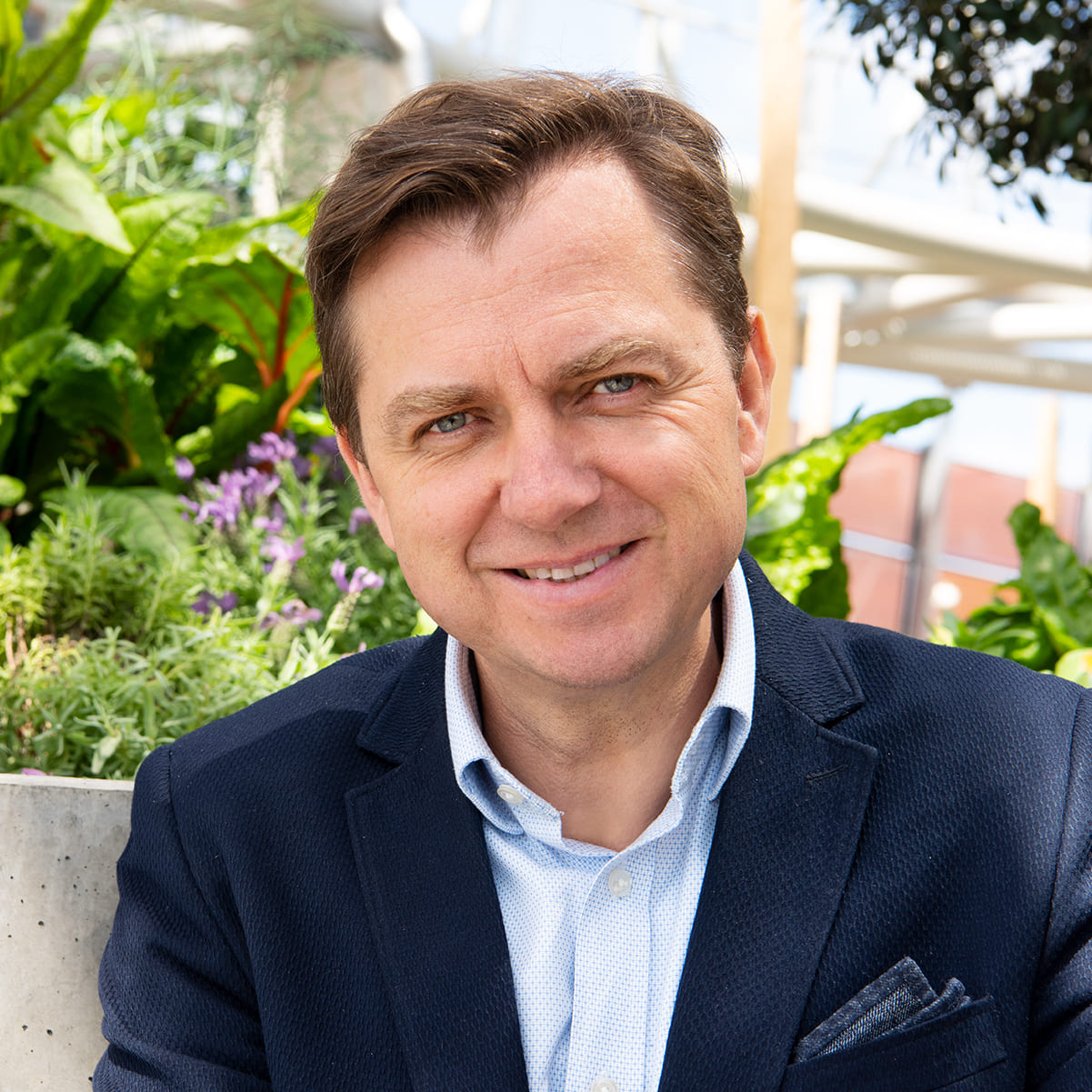
Dr Franz Prettenthaler, Mlitt is Director of LIFE – JOANNEUM RESEARCH Institute for Climate, Energy and Society and holds academic degrees in Economics, Environmental System Sciences, Philosophy and Public Economics & Finance of the Universities Graz, St Andrews and Paris X/Cergy. His main research areas include Quantitative Risk Analysis, Economic Impacts of Weather Variability and Climate Change as well as Regional and City Development. After his position as an assistant professor at the University of Graz, he steadily built up the environmental and climate economics group at JOANNEUM RESEARCH and lectures also at the Graz University of Technology.
Judith Köberl
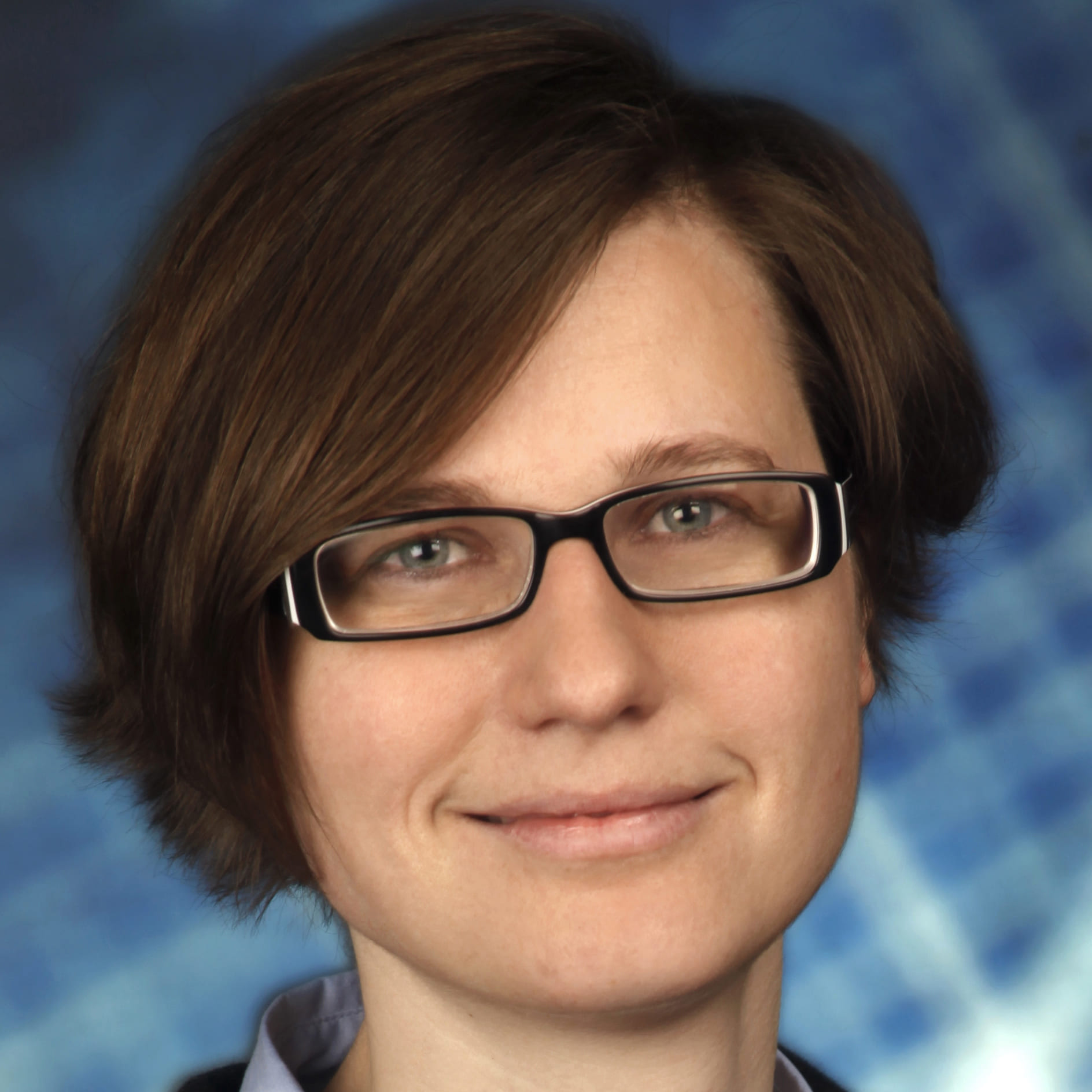
Judith Köberl holds a master’s degree in Environmental System Sciences with specialisation in Economics from the University of Graz. She was involved in research projects at the Wegener Center for Climate and Global Change and joined JOANNEUM RESEARCH in 2008, where she has been working at the Centre for Climate, Energy & Society (LIFE) since 2016. Her main research areas include the economics of weather and climate risks, climate change impact assessment as well as climate services development and (e)valuation. Amongst others, she contributed to the projects CLAVIER (EU-FP6), CLIMB (EU-FP7), MARCO (H2020), EU-MACS (H2020), and Climate-fit.city (H2020) and PROSNOW (H2020).
The National Research Council (CNR) is the largest public research institution in Italy, the only one under the Research Ministry performing multidisciplinary activities.
Founded in 1923, CNR’s mission is to perform research in its Institutes, to promote innovation and competitiveness of the national industrial system, to promote the internationalisation of the national research system, to provide technologies and solutions to emerging public and private needs, to advise Government and other public bodies, and to contribute to the qualification of human resources.
Dr Paolo Mazzetti
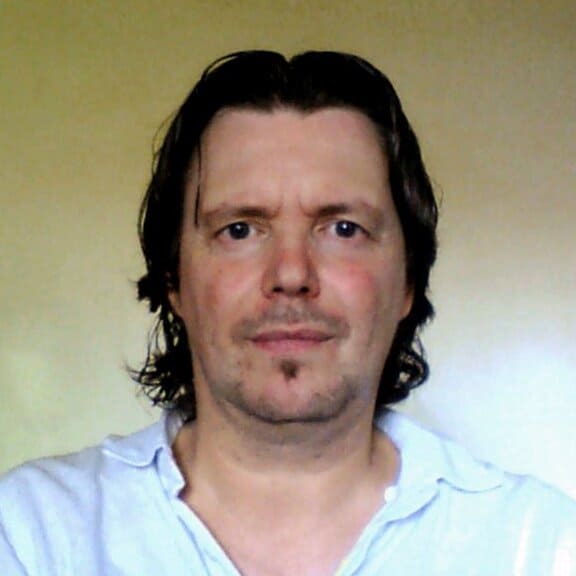
Dr Paolo Mazzetti is a senior researcher at CNR. He holds a degree in Electronic Engineering and a degree in Philosophy of Science. He taught Communication Networks and Web Technologies at the University of Florence for 7 years. He joined CNR in 2005. His main research interest is the integration of Information Science and Earth Sciences for the generation of knowledge from Big Earth Data. His research is carried out in the context of international initiatives, and European and national projects. He is the coordinator of the LIFE project NewLife4Drylands on the application of remote sensing to Land Degradation monitoring and assessment. He is the principal representative of Italy on the GEO Programme Board.
CNR-IMATI is a leading institute in the fields of Applied Mathematics and Computer Science. Its mission is to provide the knowledge and the infrastructure for the development and diffusion of applied mathematics and computer science as tools to address engineering and societal challenges. With a wide spectrum of skills in developing and using state-of-the-art methodologies, and in adapting them to a given problem, researchers at CNR-IMATI aim at facing challenges arising from applications in fields as diverse as medicine and biology, engineering, social sciences, climate, and environment.
Dr Antonella Galizia
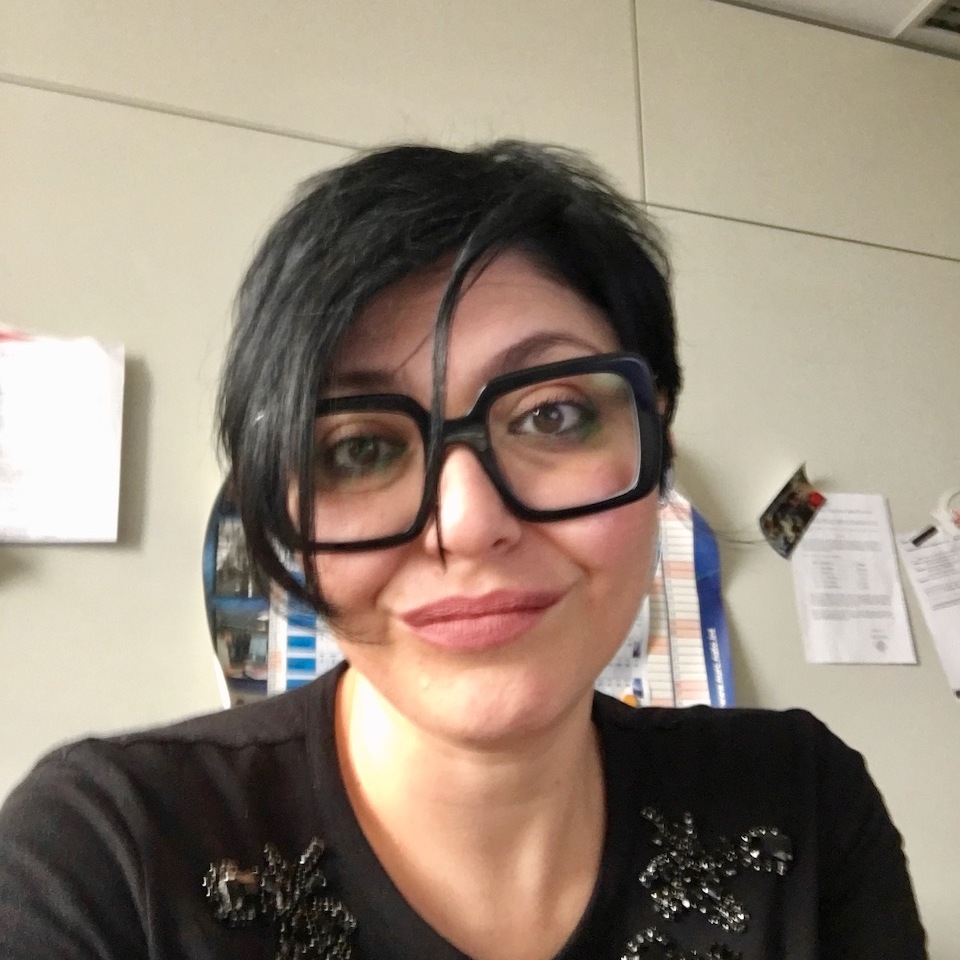
Dr Antonella Galizia obtained the Laurea Degree cum laude in Mathematics at the University of Naples Federico II in 2001, and a PhD in Computer Science at the University of Genova in 2008.
In June 2003 she started her research activity at the IMATI-CNR Genova, and since 2011 she has had a researcher position.
Her interests are in the fields of parallel and distributed computing for the effective and efficient exploitation of advanced computing systems to improve the quality of software for advanced applications. In particular, she investigates hydrometeorological and bioinformatics applications.
Antonella is also keen on the dissemination of science through didactical experiences and experimental exhibits.
ESSRG is a non-profit research & development enterprise in Hungary working on the boundaries of environmental and social sciences with a transdisciplinary approach.
We nourish a collaborative and cooperative research approach, involving various communities and stakeholder groups while paying attention to those voices that are typically marginalized or voiceless, thus striving toward social justice and ecological sustainability.
We possess practical skills for working with conflict-intensive boundaries on science-policy-society interfaces, such as action research methods and community development, participatory planning, conflict management and mediation competencies.
We believe in opening up the established systems of knowledge creation towards various forms of co-creation, including Participatory Action Research (PAR), Responsible Research and Innovation (RRI) and citizen science, thus enhancing society’s capacity for transformative learning.
Dr Barbara Mihók
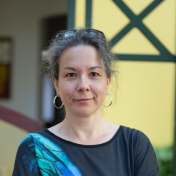
Barbara Mihók, PhD is a research fellow at the Environmental Social Science Research Group (ESSRG), Hungary. She is an ecologist with a PhD in Ecology and Evolutionary Biology and a mental health professional by training. She carried out inter- and transdisciplinary research at the Ecological Research Center of the Hungarian Academy of Sciences, and she has been involved in participatory and action research with vulnerable groups. She is also providing mental health counselling for individuals and groups following an eco-therapy approach. Barbara has always been fascinated by the nature-human connection and her main interest is to understand how this relationship affects our mental health and well-being.
WeDo specializes in the management of complex, distributed international research and innovation projects. Based in Barcelona, the company works with the public and private sectors, applying a strategic, holistic lean project management approach to creating effective collaborative frameworks for results-driven decision-making. Its multi-disciplinary team of skilled professionals has broad experience in international collaborative projects and EC-funded initiatives since FP6 (ICT, health, environment, NMP, IMI-JU, SSH, SWAFs).
Mireia Manent
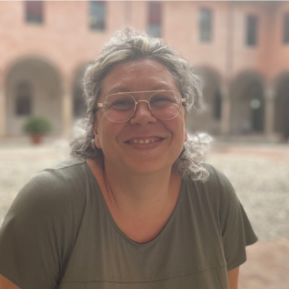
Mireia Manent is Co-founder and CEO. Psychologist and MBA graduate by University Pompeu Fabra. She has broad experience in the planning, coordination, and management of complex research projects, specializing in the biomedical sector, and in contact with both the national and the international funding landscape. She has collaborated with foundations, biotech companies, research centres, and universities in leading/contributing to multi-year, cross-theme, multi-cultural, and multidisciplinary research projects. With broad experience in communication strategies, large meetings, conference organisation, and training planning and execution on topics related to EU-funded opportunities, proposal preparation, and project management.
Mario Magaña
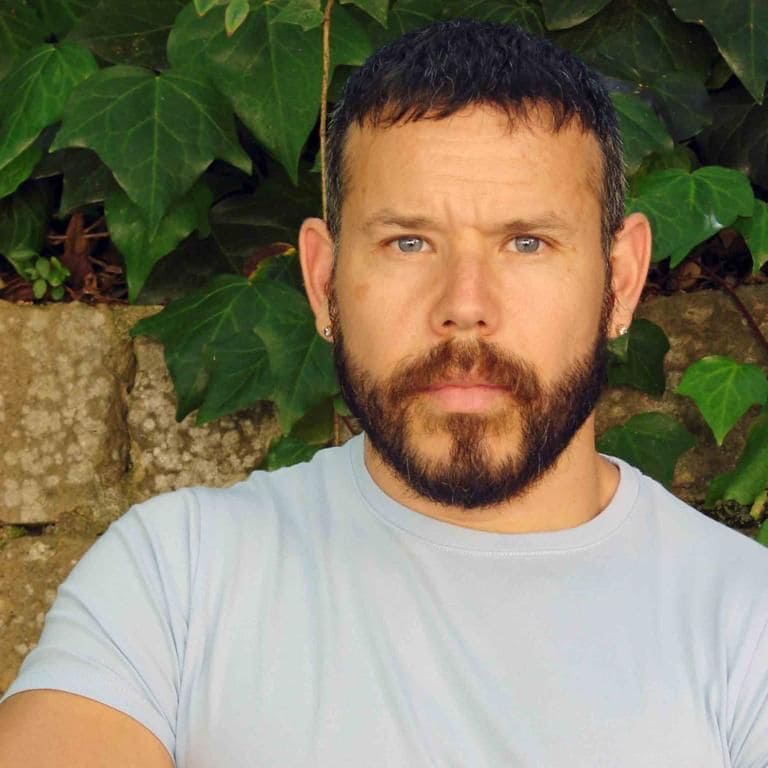
Mario Magaña is expert in project communications, graphic design, and visual thinking. With a Bachelor’s in Art (2004), a Master’s degree in Corporate Communication (2020), and director of communications at WeDo, MM contributes more than 15 years of experience in visual communication and design. He developed communication plans and tools for 14 research projects, including FP6, FP7, and H2020, where he applied his experience in project branding and editing, communication tools and actions, social media management, and outreach material. He contributes to Projects by designing, monitoring, and updating the communication plans in collaboration with partners and stakeholders. He also designs tools for outreach (newsletter, social media, videos, leaflets, clinical study pack) and supports outreach Project actions in general (Stakeholder forum meetings, development of training material and actions, and final project conference). He coordinates the internal communications of each Project within WeDo, assisting in the development and implementation of tools, templates, procedures, and best practices (e.g. agenda and minutes, PowerPoint, SharePoint).
Ángel Honrado
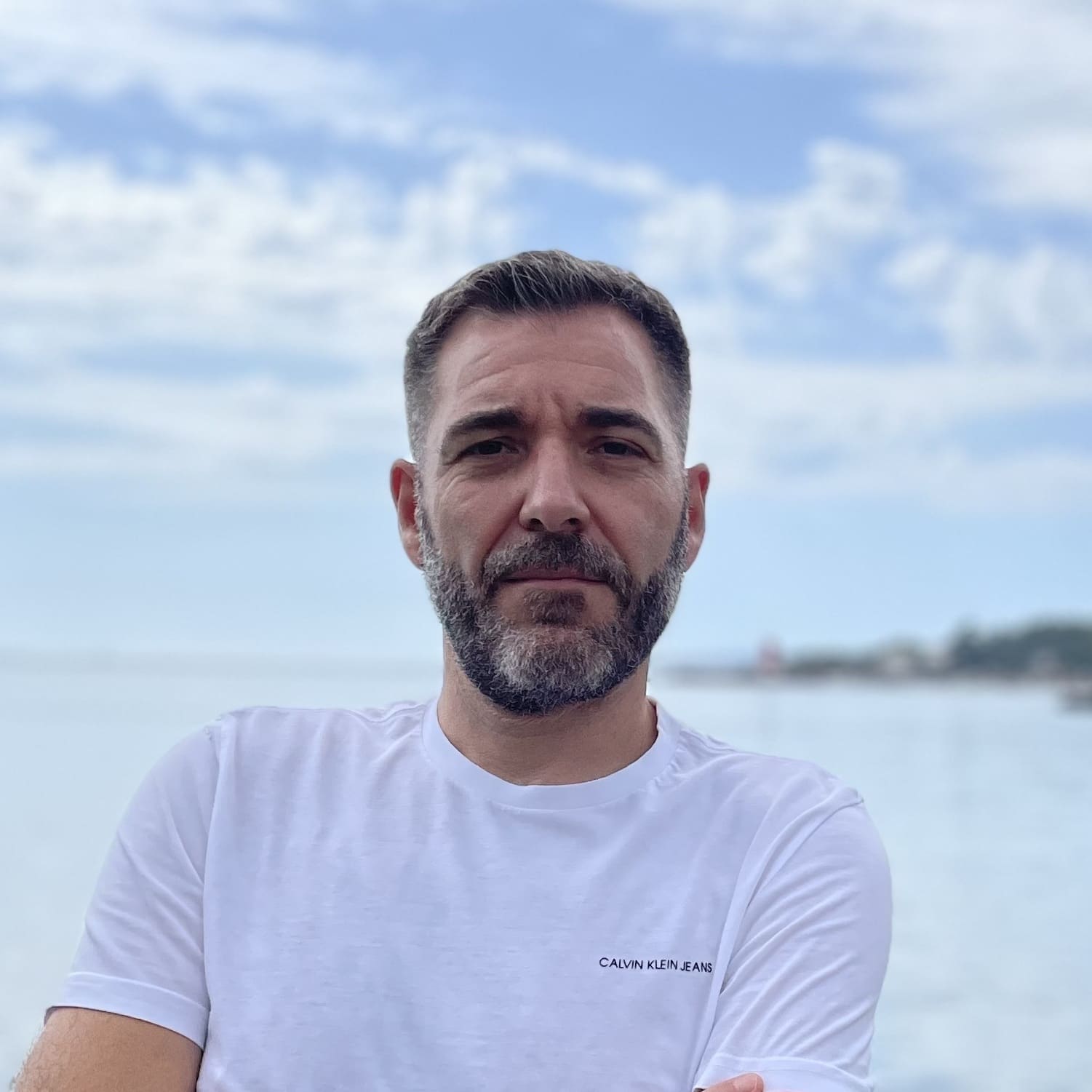
Since 2004 Ángel Honrado has worked as a Project Manager in the planning, management, and implementation of collaborative and multidisciplinary research projects, with total funding of ~ €95M. He has been directly involved in the preparation and management of more than 80 R&I proposals presented to the EC. He has also worked in the development and implementation of communication and outreach strategies (including the organization of workshops and international conferences). Co-founder and Public Funding Manager of FreeOx Biotech S.L., a start-up developing a neuroprotective treatment that prevents damage caused by reperfusion after stroke, based on the results of clinical research.
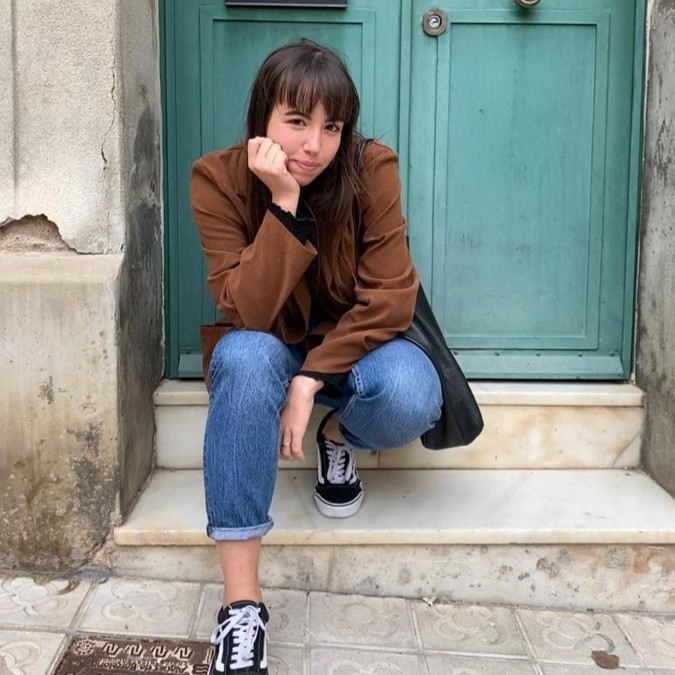
Ada Basterrica is a project manager at WeDo | Project Intelligence made easy S.L., and holds degrees in Translation and Interpreting, specializing in Localization and Machine Translation. With four years of experience in managing health and biosciences projects as well as European projects, she has expertise in project management, including planning, coordination, budgeting, reporting, and dissemination. She is passionate about citizen participation in Research and Innovation and connecting researchers with citizens to co-create knowledge.

Carlos is a multidisciplinary visual creator specialised in art direction, graphic design and illustration. He holds a Bachelor’s degree in Graphic Arts and Advertising Graphic Design. He brings 20 years of experience working for international and national business companies, agencies, organizations and personal cutomers where he applied his experience in art direction, branding and illustration bridging both creativty and strategic thinking. With a strong emphasis on visual arts, he brings a fresh and creative vision to his projects and day-to-day work.
KAJO s. r. o. is a Slovak-based consultancy offering a diverse range of services related to mostly disaster risk management and geo-services. Our key staff has outstanding expertise in hydrology, flood forecasting, climate, land use, urban development and impact assessment studies, additionally, we are expanding our portfolio of services to other weather-driven natural disasters (e.g. landslides, forest fires, droughts). KAJO has a long record in developing customer-driven applications for the analysis and interpretation of early warning systems (continental and global). We are involved in designing EWS end-products for different stakeholders ranging from international crisis responders, and humanitarian and aid organizations up to local authorities. KAJO has designed a serious game to test this innovative way to assist the general public in decision-making in crisis situations and improve their self-preparedness.
KAJO is developing tools and services for real-time monitoring of social networks for information related to natural disasters in order to assist the responders in all phases of the disaster management cycle. We couple early warning systems and social media monitoring to improve abilities to detect events earlier. KAJO algorithms use data derived from social media to fill the gap between EWS and traditional observations to improve our rapid mapping and impact assessment products. Several levels of filtering, sense making and aggregation techniques are all designed, developed and tested in-house to distil valid information from the social media stream and provide our customers with tailored data feeds.
KAJO has expertise in designing large and highly scalable solutions for geospatial information data stores (e.g. CKAN, GeoNode). KAJO is also actively developing tools and downstream services based on global data sources (Copernicus Data Stores and Emergency Management Services, NASA data products, etc). In addition, KAJO is developing analytical frameworks for risk indicators assessment (Sendai, IPC, SDG frameworks) and mapping/identifying possible data sources for hazard, exposure and vulnerability especially to be used in the area of NBS.
KAJO staff has expertise in implementing large-scale real-time data collection software for meteorological and hydrological observations including data collection, storage, quality control and delivery for operational systems. KAJO is strongly ICT oriented and focused on bridging science with cutting-edge technology. In recent years, KAJO has developed excellent in-house expertise and infrastructure for machine learning and AI being applied in various domains (e.g. text processing and knowledge extraction, social media analytics, time-series analysis and modelling).
KAJO is currently collaborating with national and international organizations (e.g., ECMWF, JRC, RedCross, Humanitarian Open Street Maps), and it is taking part in international expert networks, such as the Global Floods Partnership.
MSc. Joy Ommer
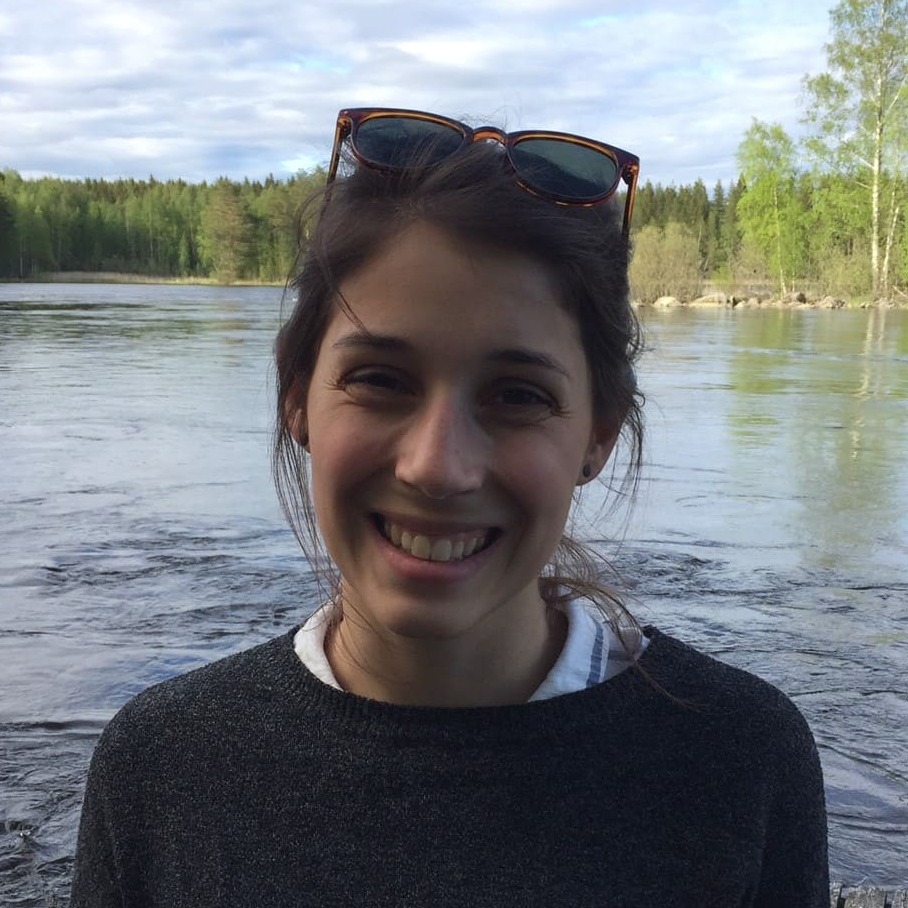
Joy Ommer has a master’s degree in Disaster Management & Sustainable Development with a dissertation on Children’s Risk Perception and Hazard Knowledge Acquisition. Her present research interest is mainly related to cross-scale Disaster Risk Reduction with a particular focus on people-centred approaches for development and Disaster Risk Reduction and the (inter)linkage of different scales. Her experiences include a traineeship at the European Commission’s DG Joint Research Center working on the development of a multi-scale vulnerability index in support of the identification and reduction of risks in Europe. Since 2019, she has been working with KAJO on EU-funded projects on Nature-based Solutions and citizen science. At the same time, she is pursuing her PhD in Disaster Risk Reduction with a special focus on Nature-based Solutions and citizen resilience.
Milan Kalas PhD.
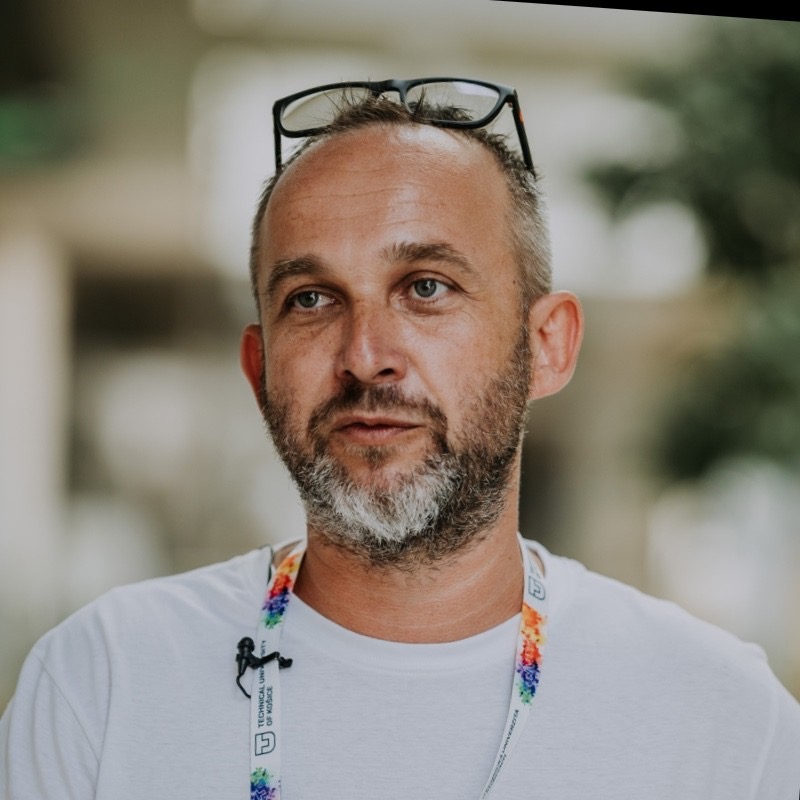
Milan graduated as a civil engineer, with a PhD degree in Hydrology and Water Management. Since 2003, he is a member of the core team developing the European and Global Flood Awareness System at the Joint Research Centre of the EC. He has participated in many national and international projects (e.g. National Climate Change Program, PESETA- Projection of Economic impacts of climate change in Sectors of the European Union based on bottom-up Analysis). His research focus is mostly on flood hazard modelling and forecasting, flood risk assessment, development of hazard and risk indicators and rapid risk mapping. Milan has a long record of developing user-tailored products to effectively communicate and disseminate information in the disaster risk management community (e.g. EC Copernicus services, National Water Authorities, EC Civil protection).
Saša Vranić
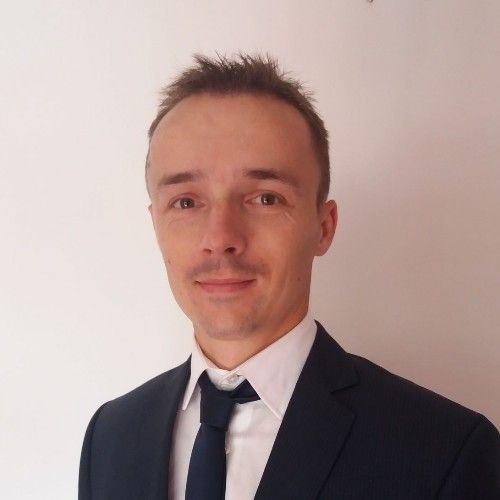
Saša Vranić works for Slovak-based company KAJO as a project manager and geospatial developer. In 2018, received a PhD from the University of Zagreb for the thesis “Modelling transactional workflow management system over a spatial component of cadastral parcels”. Saša has been working with geospatial data for more than 10 years in several geoinformatics companies. From 2012 to 2018, he was employed at the University of Zagreb, Faculty of Geodesy as University Assistant. His main research interests are geospatial web applications, spatial databases, geospatial standards, and land administration systems.
Gate2Growth is a Danish advisory firm specialising in supporting innovative SMEs in business development and access to finance. The services provided are based on in-depth knowledge of political processes, social, and environmental issues, and relate to the innovation process, investor requirements and public funding requirements. Within the project, Gate2Growth aims to provide practitioners and policymakers with the most relevant information so relevant commercial exploitation methods are established for the TRIGGER project results. Moreover, our activities will ensure that appropriate IP management processes and methods are drafted and in line with the chosen exploitation strategies.
Uffe Bundgaard-Jørgensen
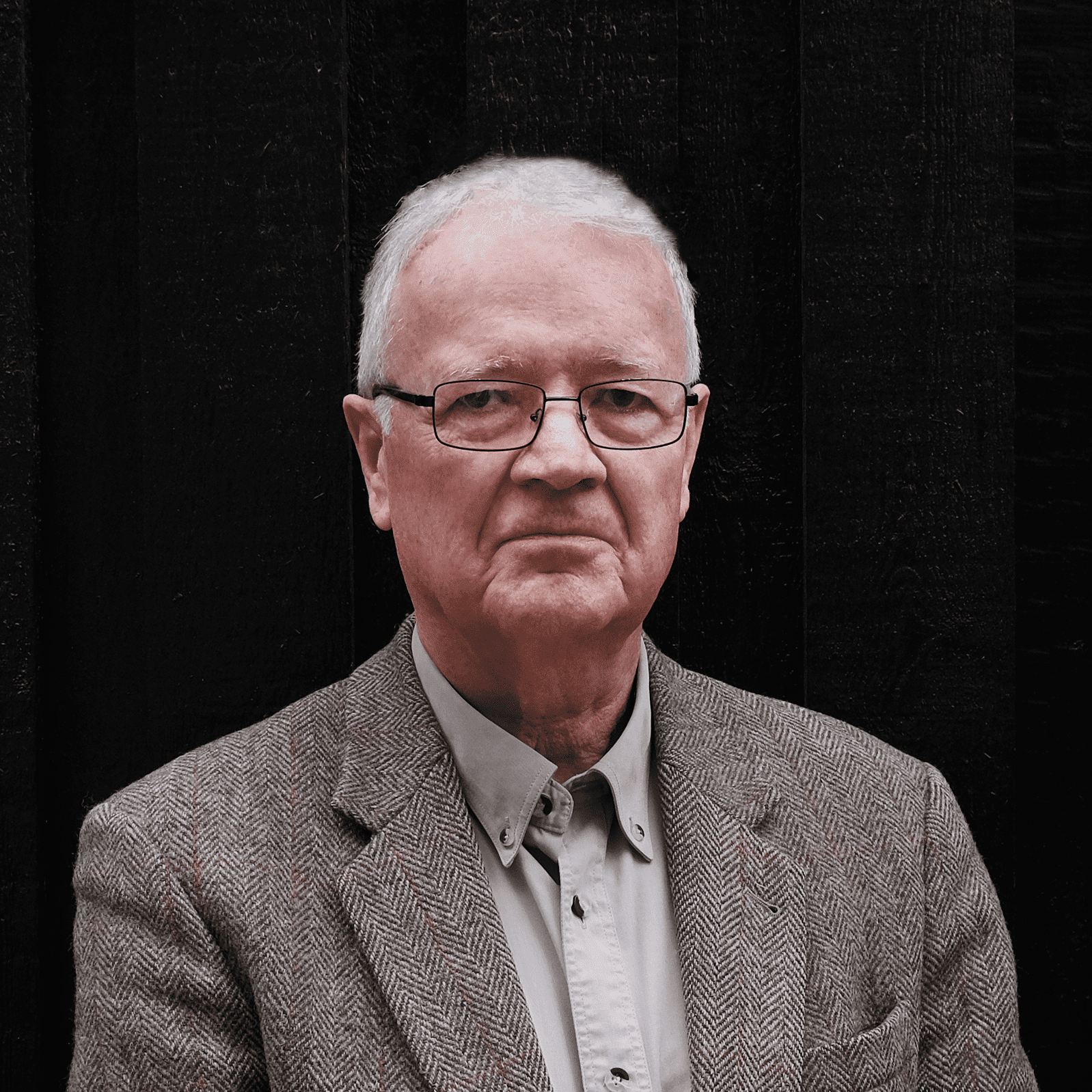
Uffe Bundgaard-Jørgensen is CEO and Founder of Gate2Growth. He has more than 40 years of combined research and business experience working with SMEs, both as an investor, board member and business development coach. Based on his Venture Capital background he wrote the book: “How to Attract Investors, a personal guide to understanding their mindset and requirements” in 2016. He has conducted more than 175 ”How to Attract Investors and how to get funded via EU grants” Master Classes throughout Europe.
He was Chairman of the EU Commission H2020 SME Innovation Advisory (2014-2016) and Vice-Chairman of the EU Commission H2020 Risk Financing Advisory Group. From 2003-2018 he was Chairman of the Danish Energy Regulatory Authority, appointed by the Danish Minister of Energy.
He is an MA in economics and a PhD in Economics and Operations Research (1974) from the University of Copenhagen and Danish Technical University.
Carmen Bianca Socaciu
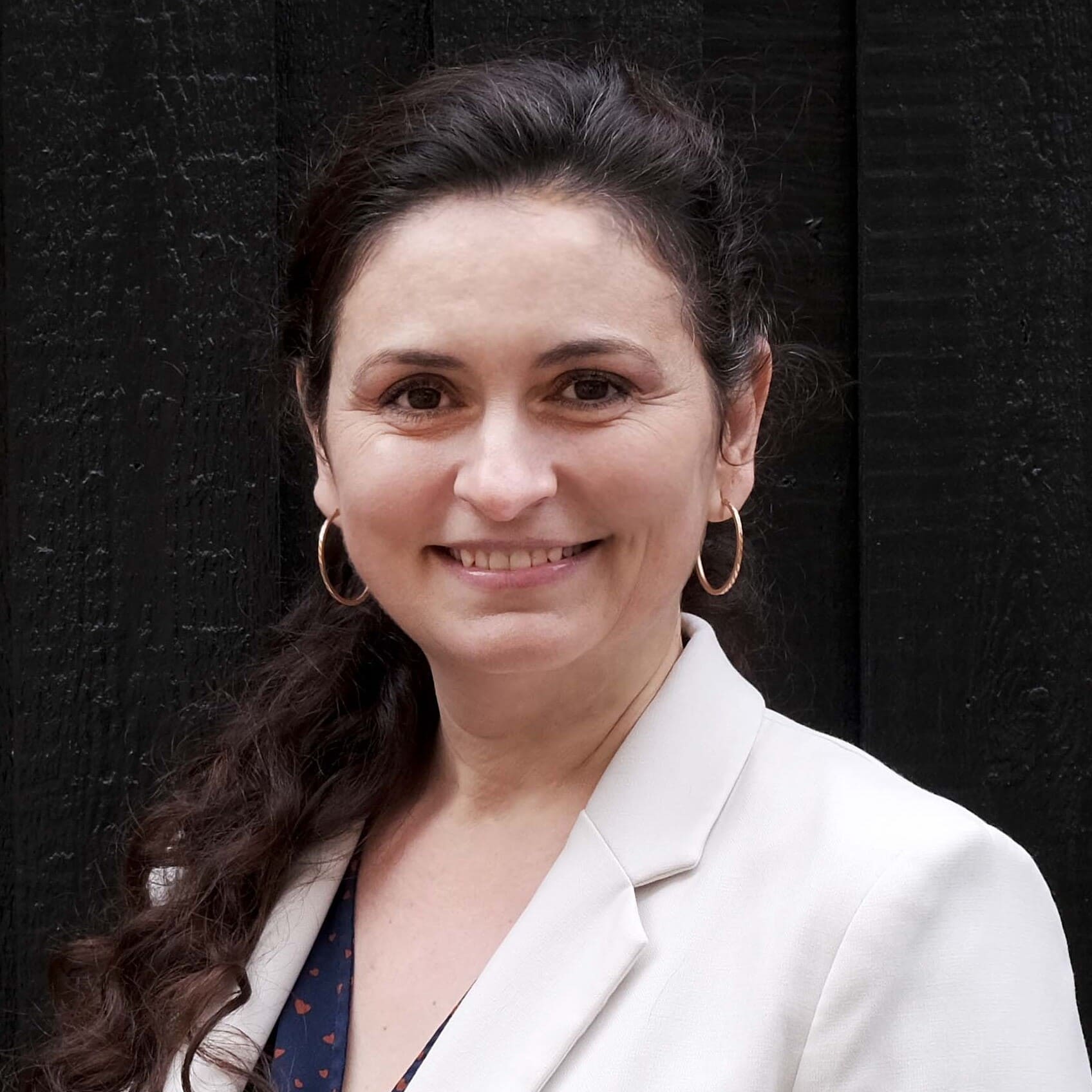
Carmen Bianca Socaciu works as a Senior Consultant at Gate2Growth (since 2014), where she has been responsible for screening, selecting, and developing business cases for the numerous EU-supported projects where Gate2Growth is the business exploitation partner. To date, she has worked with early-stage companies from a variety of business sectors including agriculture, biotechnology, energy, ICT, eco-innovation, and manufacturing industries. She has also co-authored the book “How to Attract Investors, a personal guide to understanding their mindset and requirements”, published in 2016.
Carmen’s background is in international business and marketing with a Master’s degree in International Marketing and Management (2011). Through her education, Carmen specialised in international market research, strategy, management, marketing, and business development.
Michalina Pietras
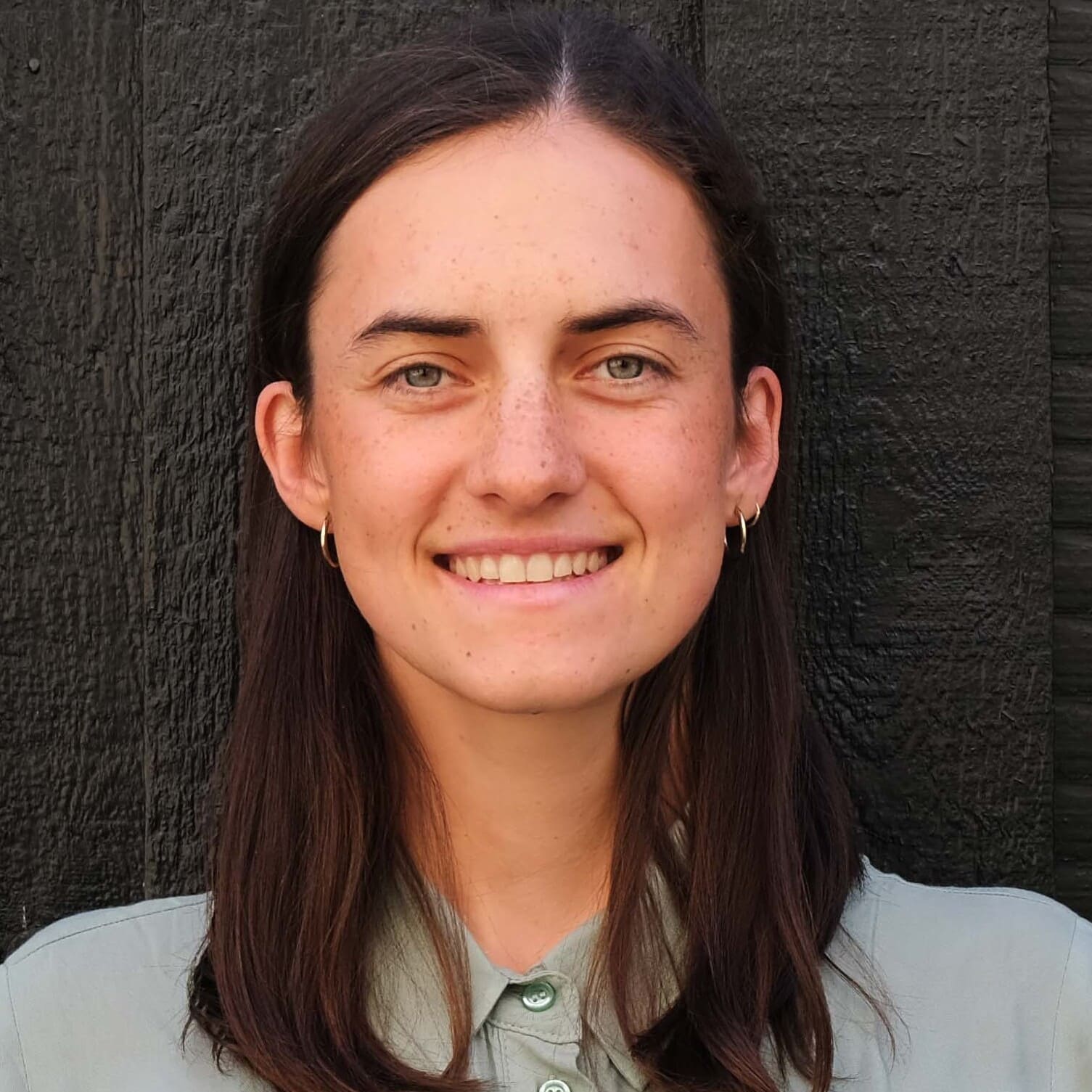
Michalina works as a Junior Consultant at Gate2Growth (since 2022), where she is involved in the work on business exploitation of results in the EU-supported projects by supporting senior consultants in screening, selecting, and developing business cases for the prospecting project results. She also contributes to partner communication, report writing and conducting of workshops.
Michalina’s background is in social science with a Master’s degree in Global Development (2021) from the University of Copenhagen and a Bachelor’s in Geography and Economics from the University of Birmingham (2017). Michalina’s academic focus is on sustainable development and the intersection of ecological and social issues.
Founded in 1559 by John Calvin, the University of Geneva (UniGE) is Switzerland’s second largest university with 9 faculties, more than 19,00 students of more than 140 different nationalities and close to 800 professors. UniGE enjoys a strong international reputation, both for the quality of its research and the excellence of its education. UniGe also has strong ties to many national and international Geneva-based organizations, such as UNEP’s Regional Office for Europe, the UN Office for Disaster Risk Reduction, and the Group on Earth Observations. The Climate Change Impacts and Risks in the Anthropocene (C-CIA) Chair is headed by Prof. Markus Stoffel and consists of a multidisciplinary team of more than 30 senior researchers, PostDocs, and PhD students, specialising in natural hazards and risk assessment, climatology, palaeoclimatology, climate policy and the social impacts of climate change.
Prof. Markus Stoffel
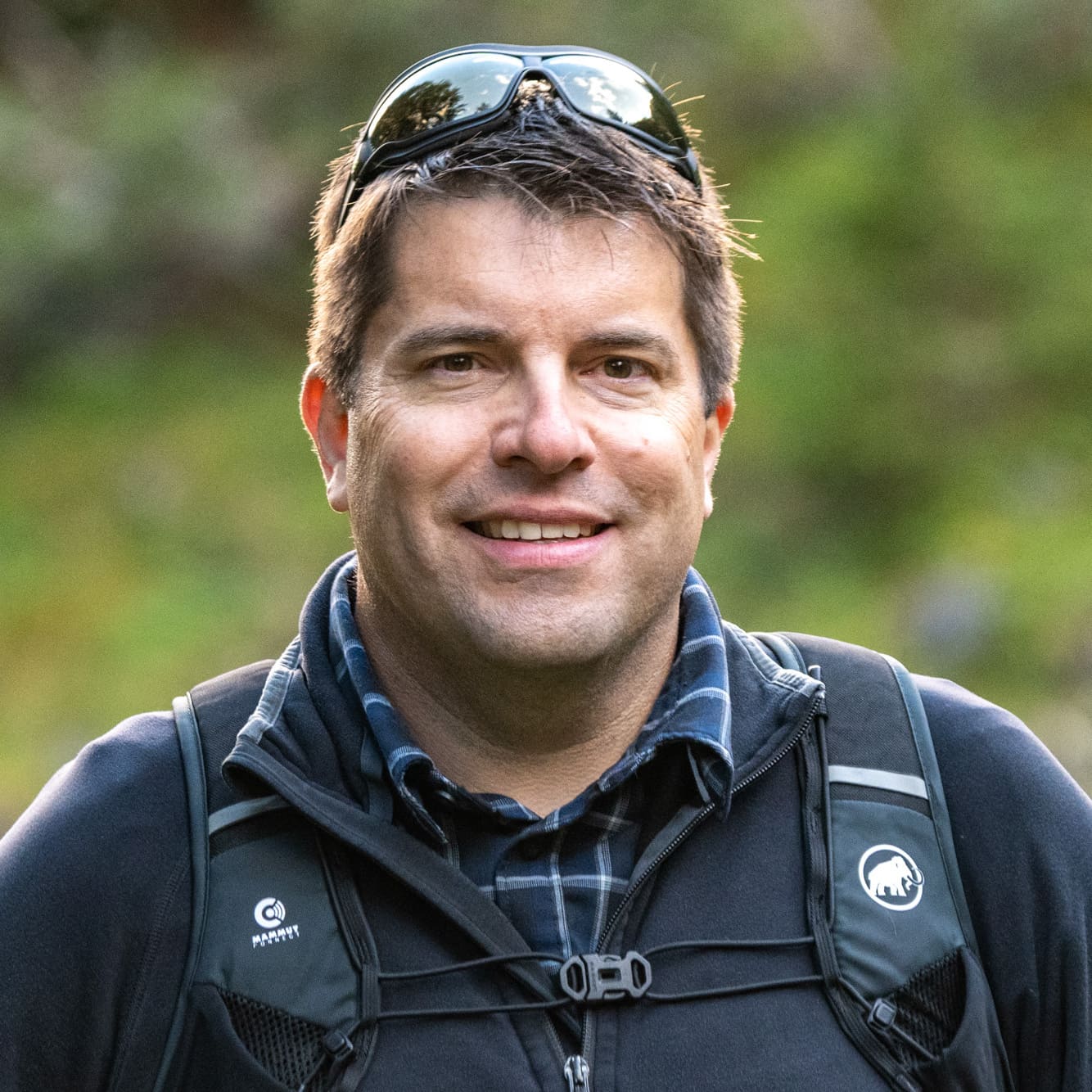
Dr Markus Stoffel is a Full Professor of Climate Change Impacts and Risks in the Anthropocene (C-CIA), Institute for Environmental Sciences, University of Geneva. He also is the director of the Swiss Tree-Ring Lab, Department of Earth Sciences, and a faculty at Department F.-A. Forel for Environmental and Aquatic Sciences, University of Geneva. He has (co-)authored nearly 400 peer-reviewed papers (h-factor: 78; more than 21300 citations), mainly on climate change impacts on the cryosphere, hydrosphere, and biosphere as well as on the effects of extremes on food security and human health. Markus is editor-in-chief of the Springer-Nature book series Advances in Global Change Research and the journals Geomorphology and Euro-Mediterranean Journal of Environmental Integration. Prof. Stoffel holds an MSc degree in Physical Geography, an MSc degree in Media and Communication Sciences and a PhD in Geography (University of Fribourg), a habilitation thesis degree (University of Bern) and a Distinguished Professor degree (Professor honoris causa) from the University Babeş-Bolyai (Romania).

